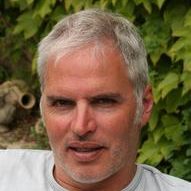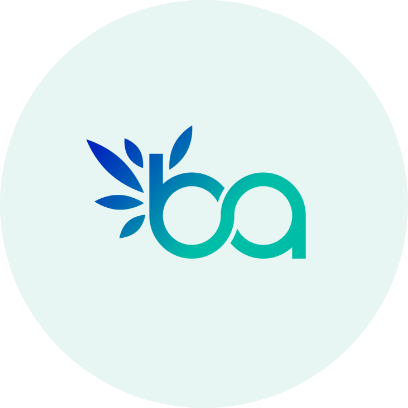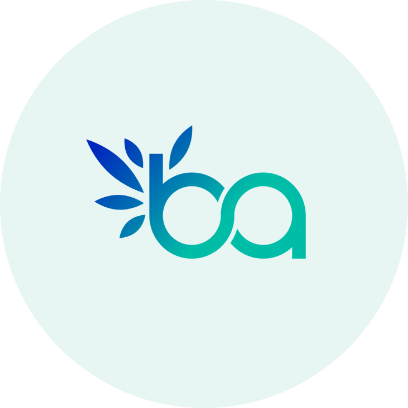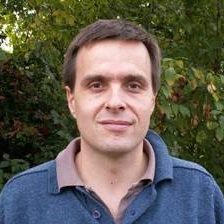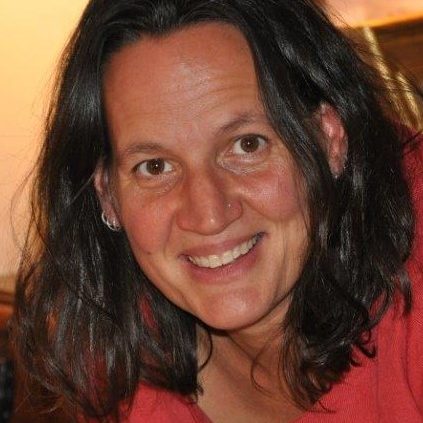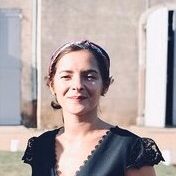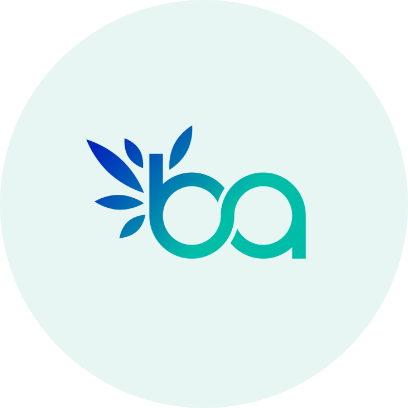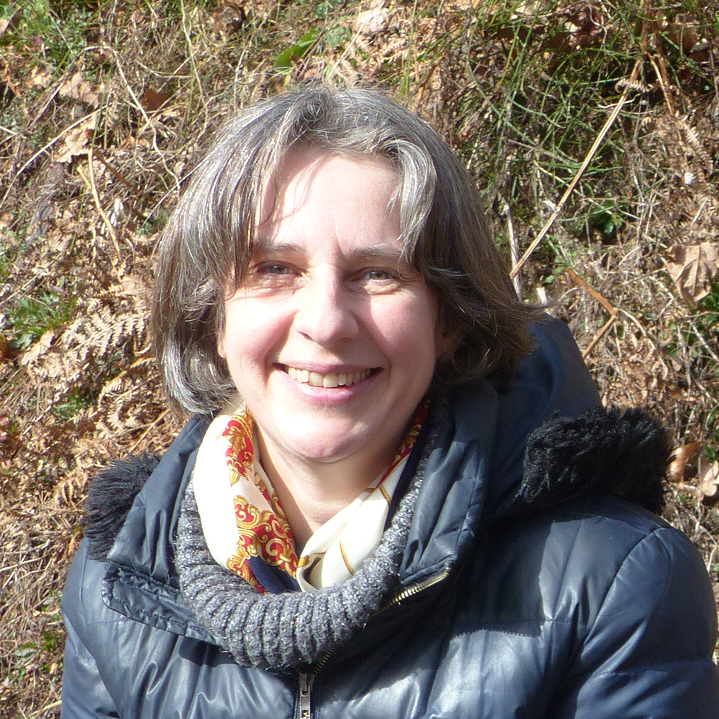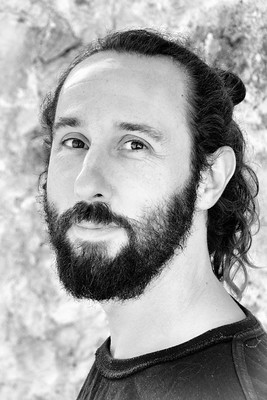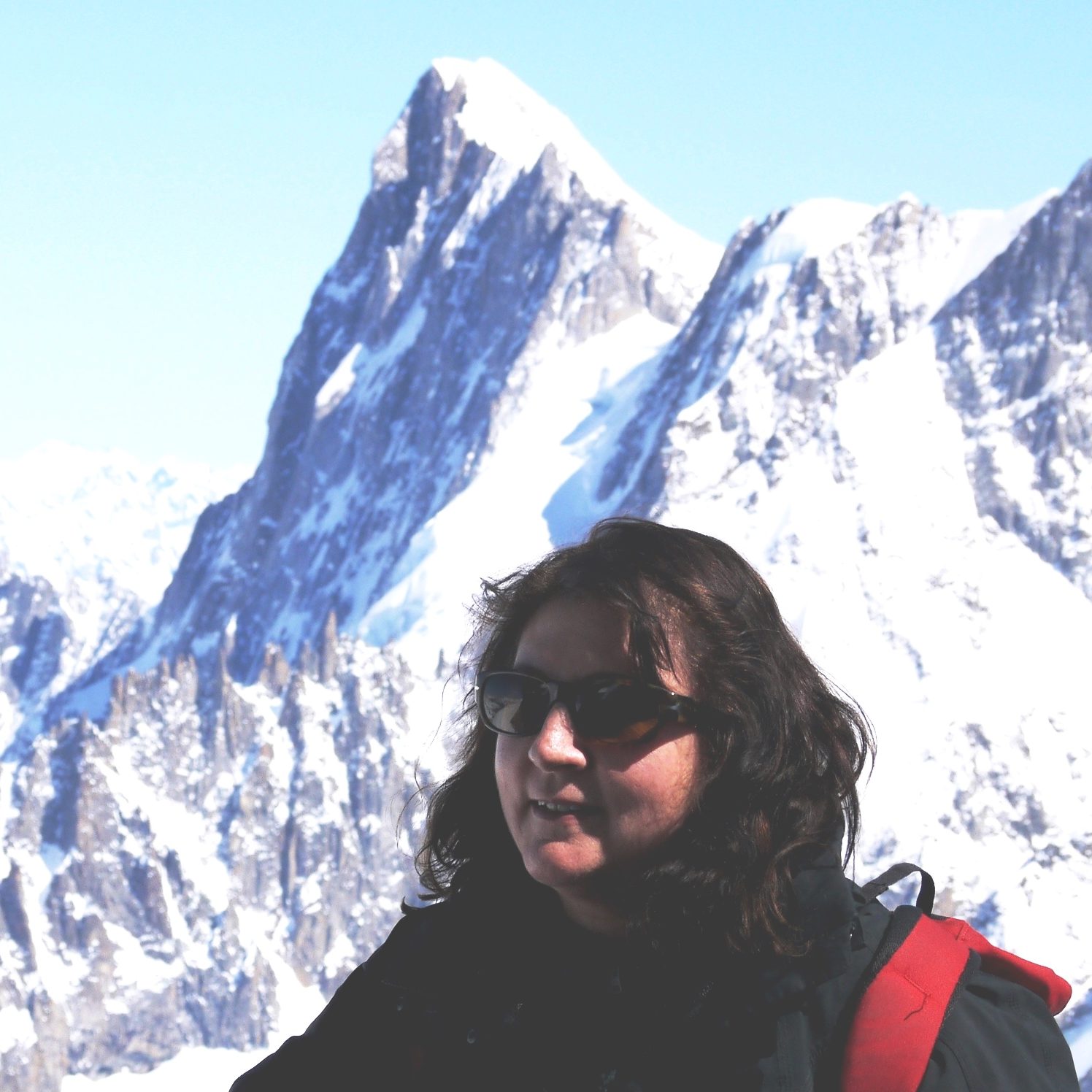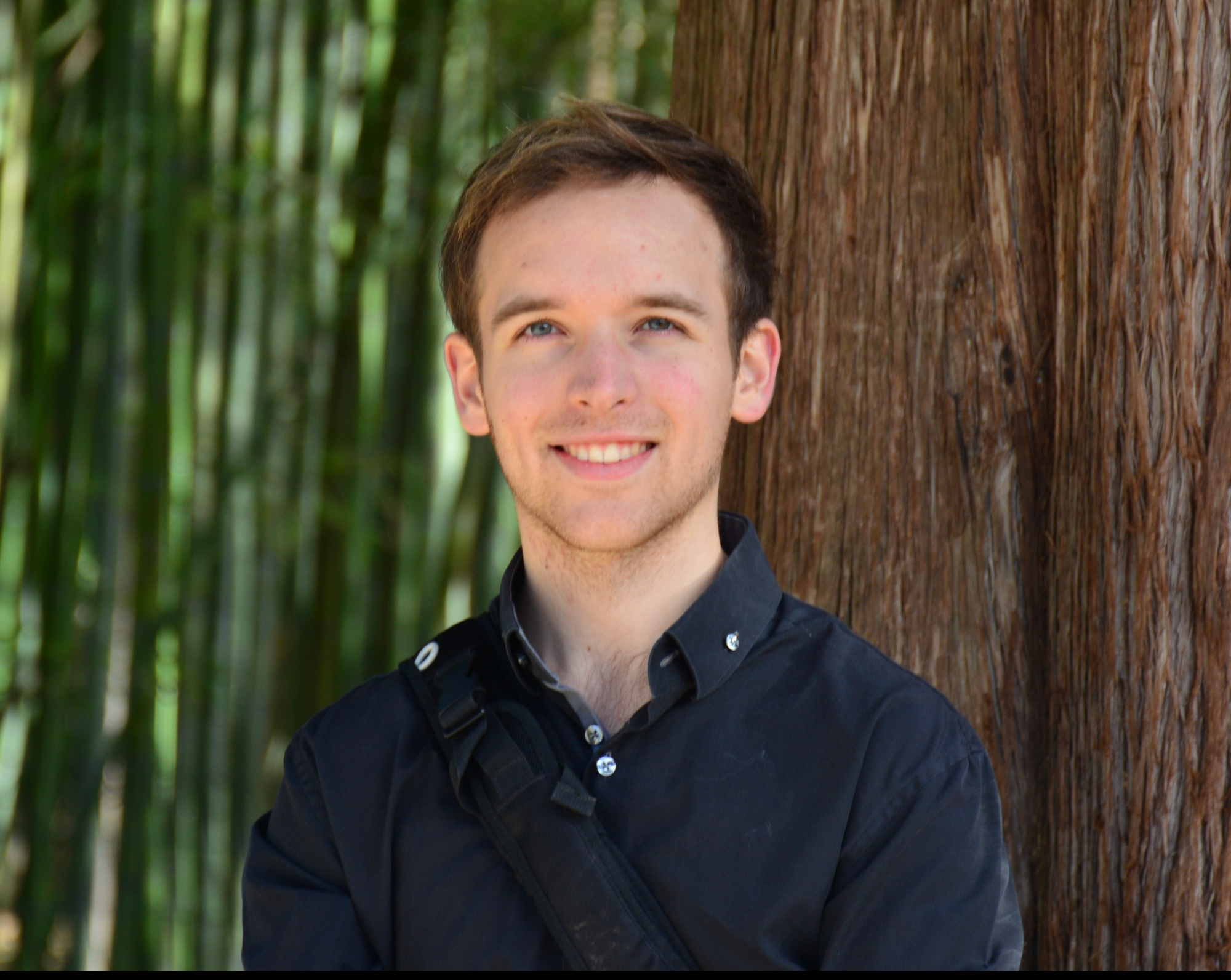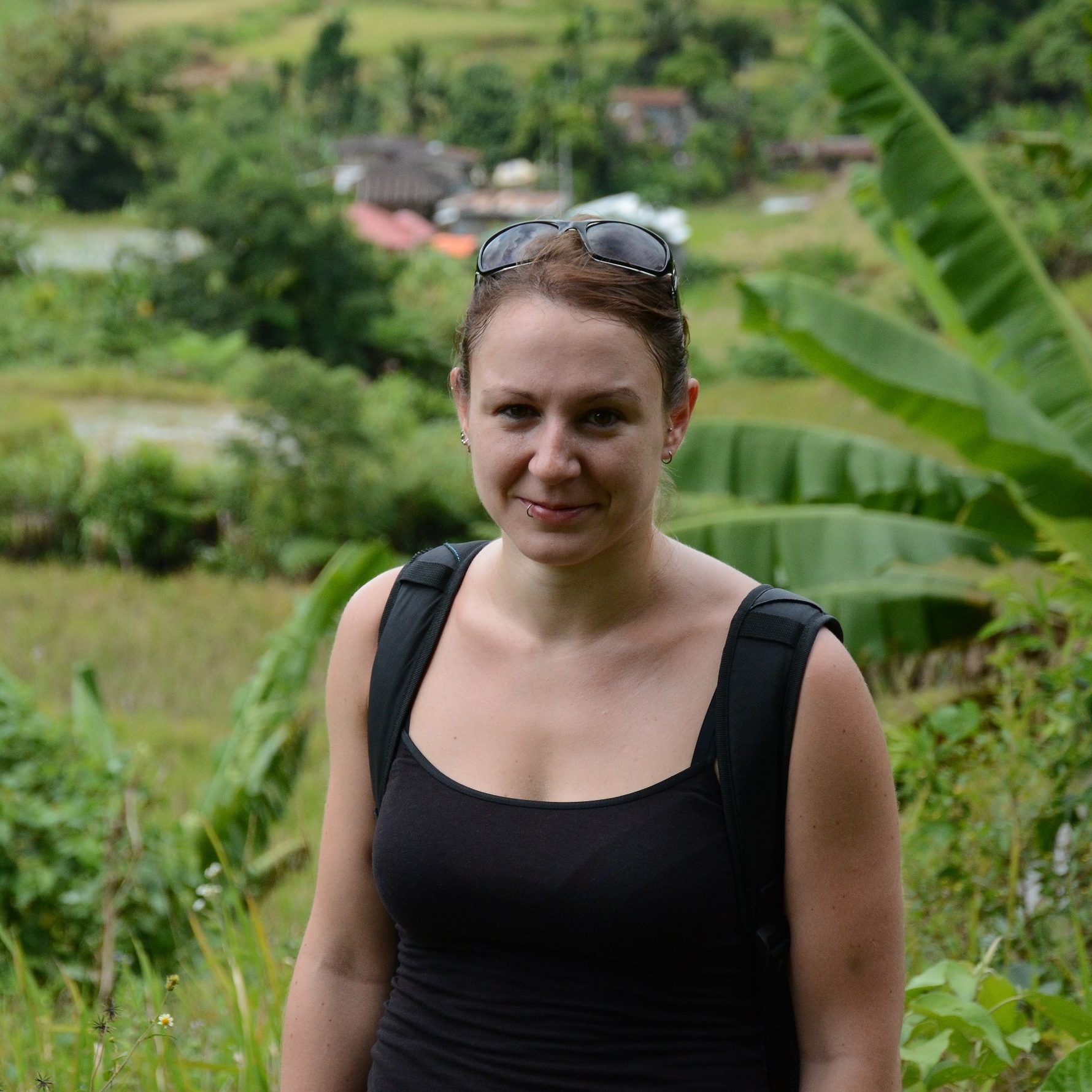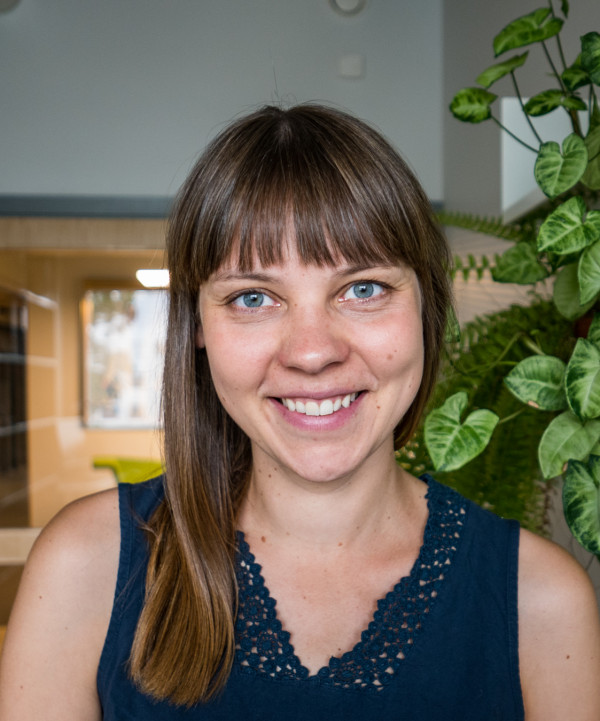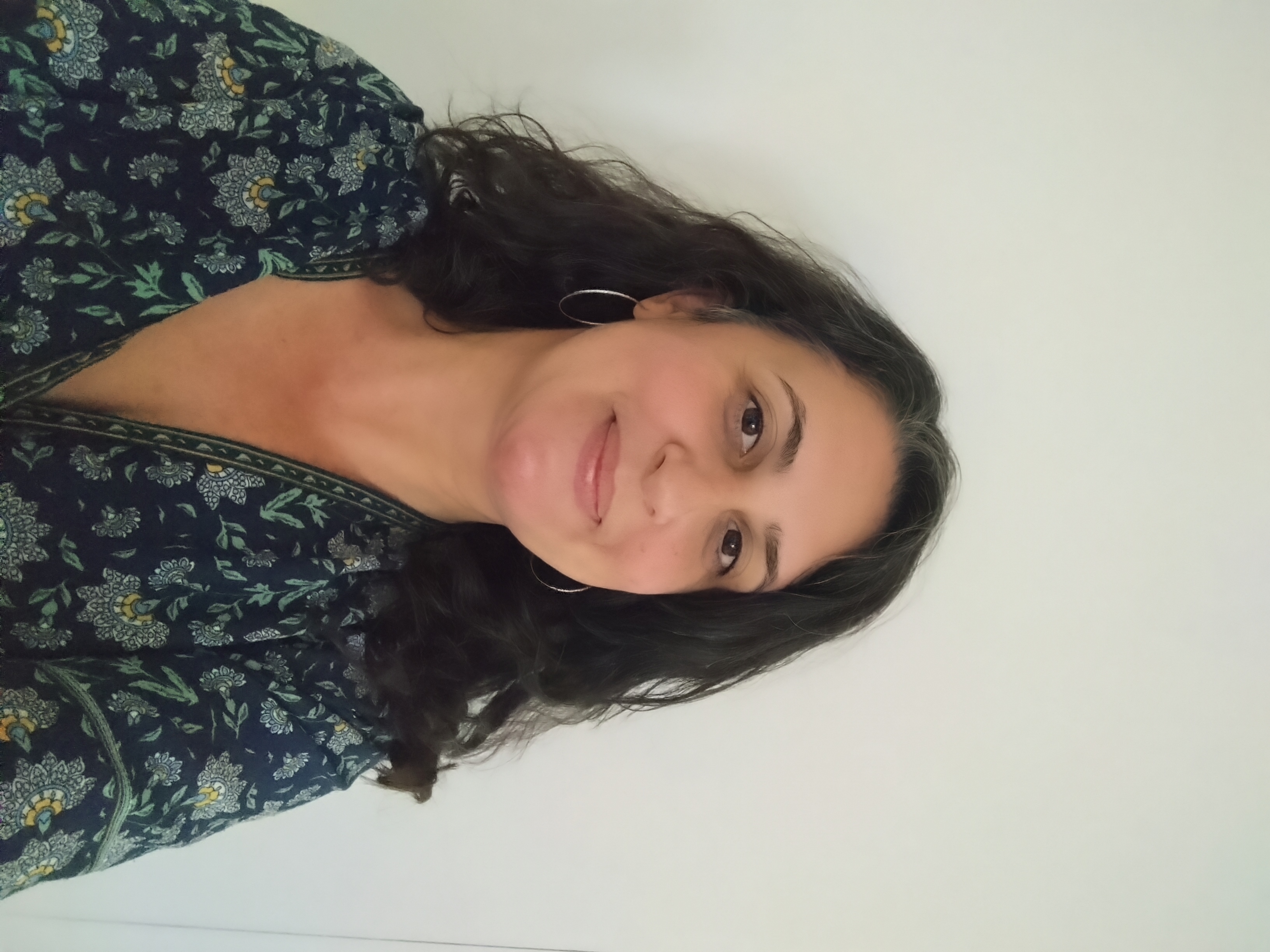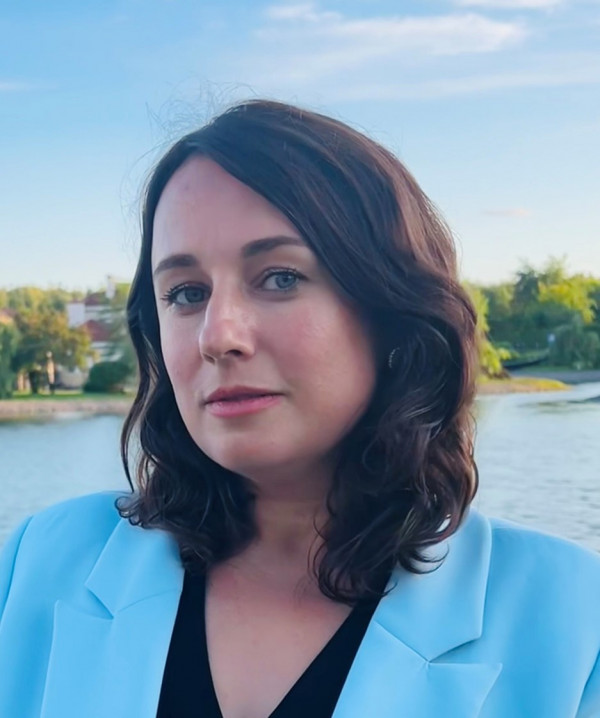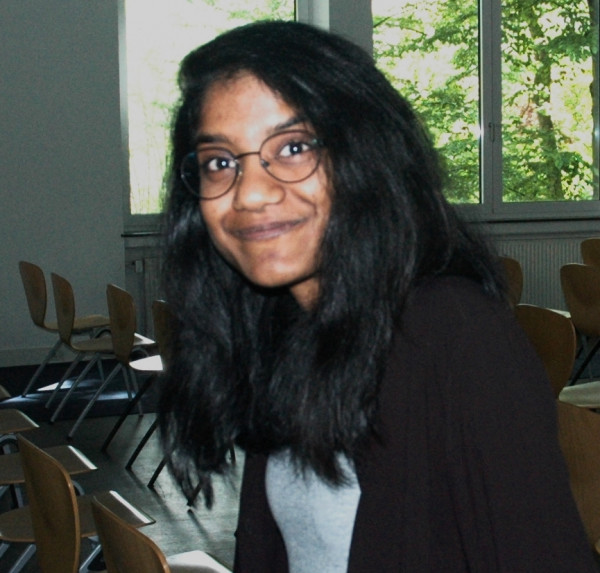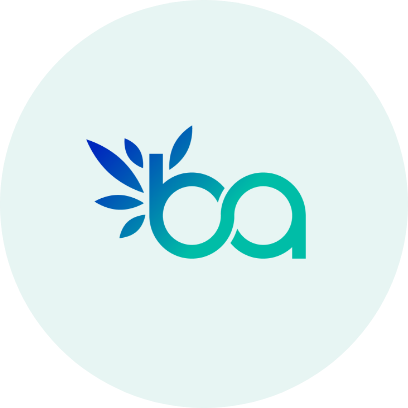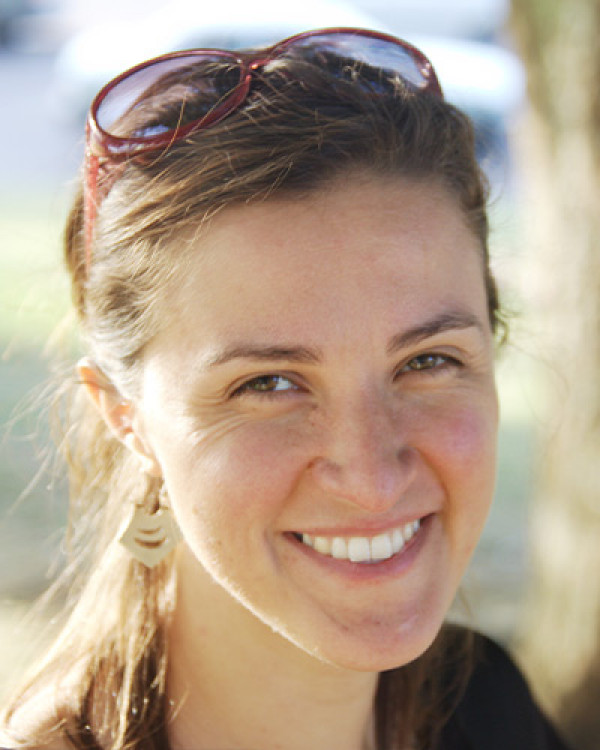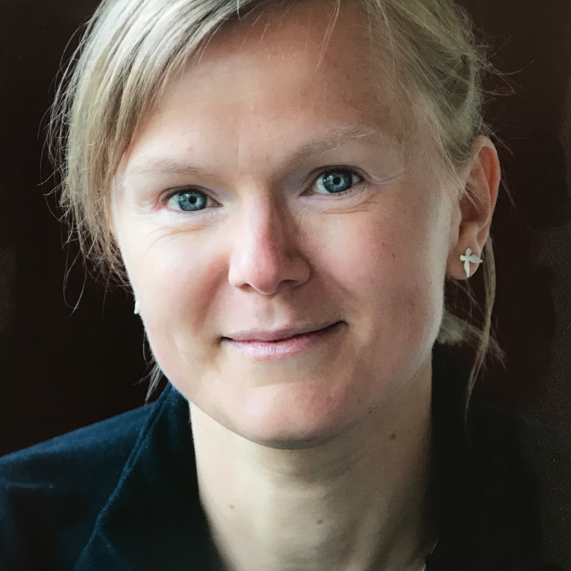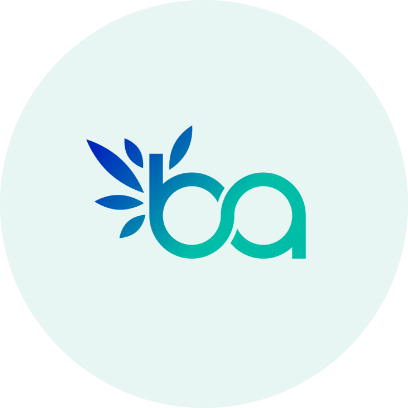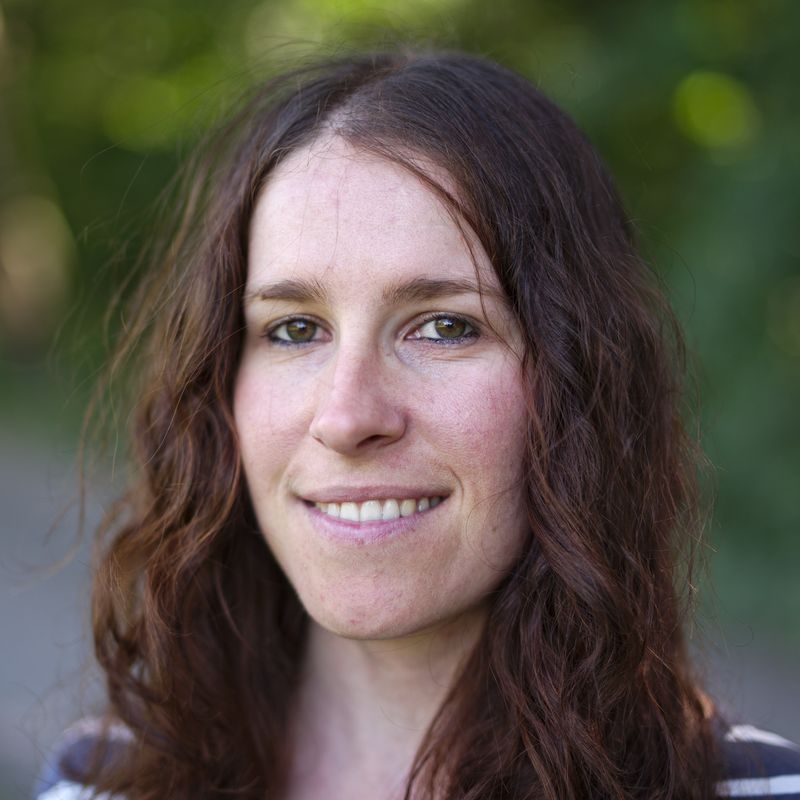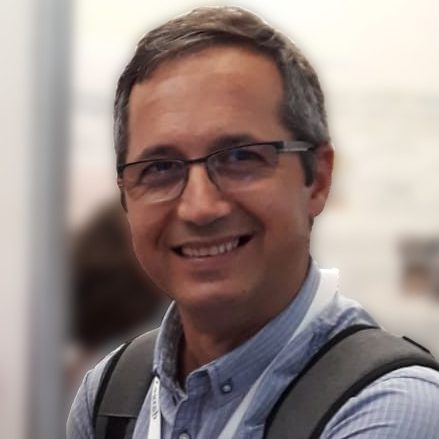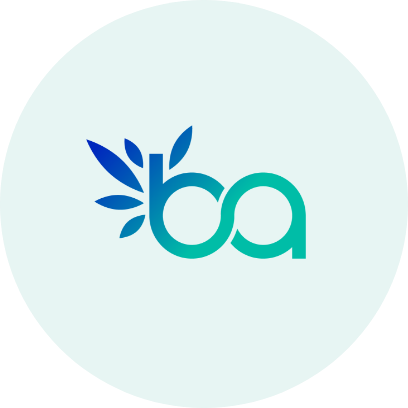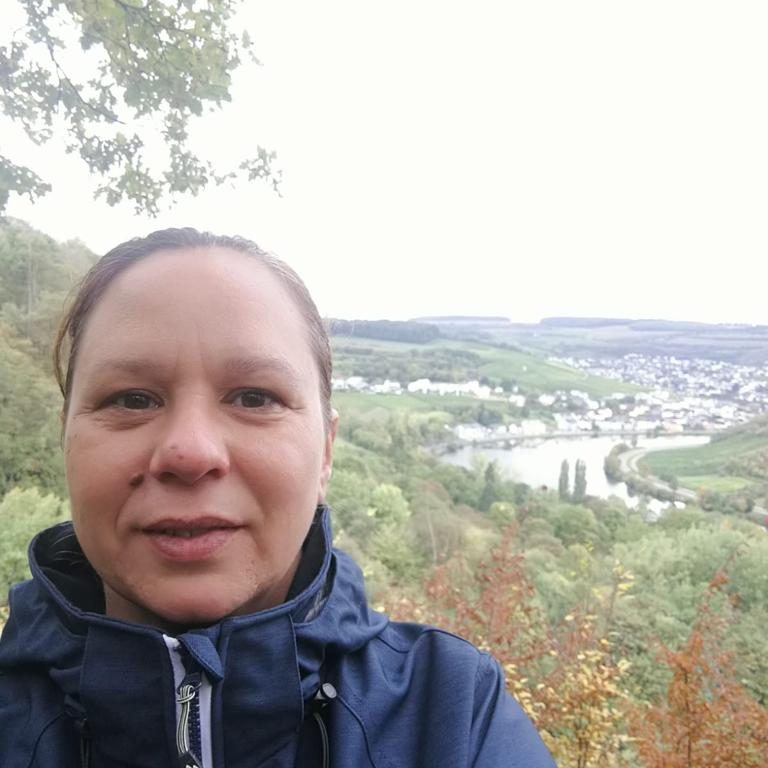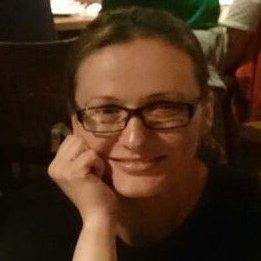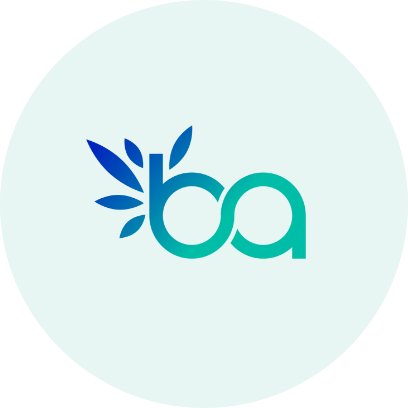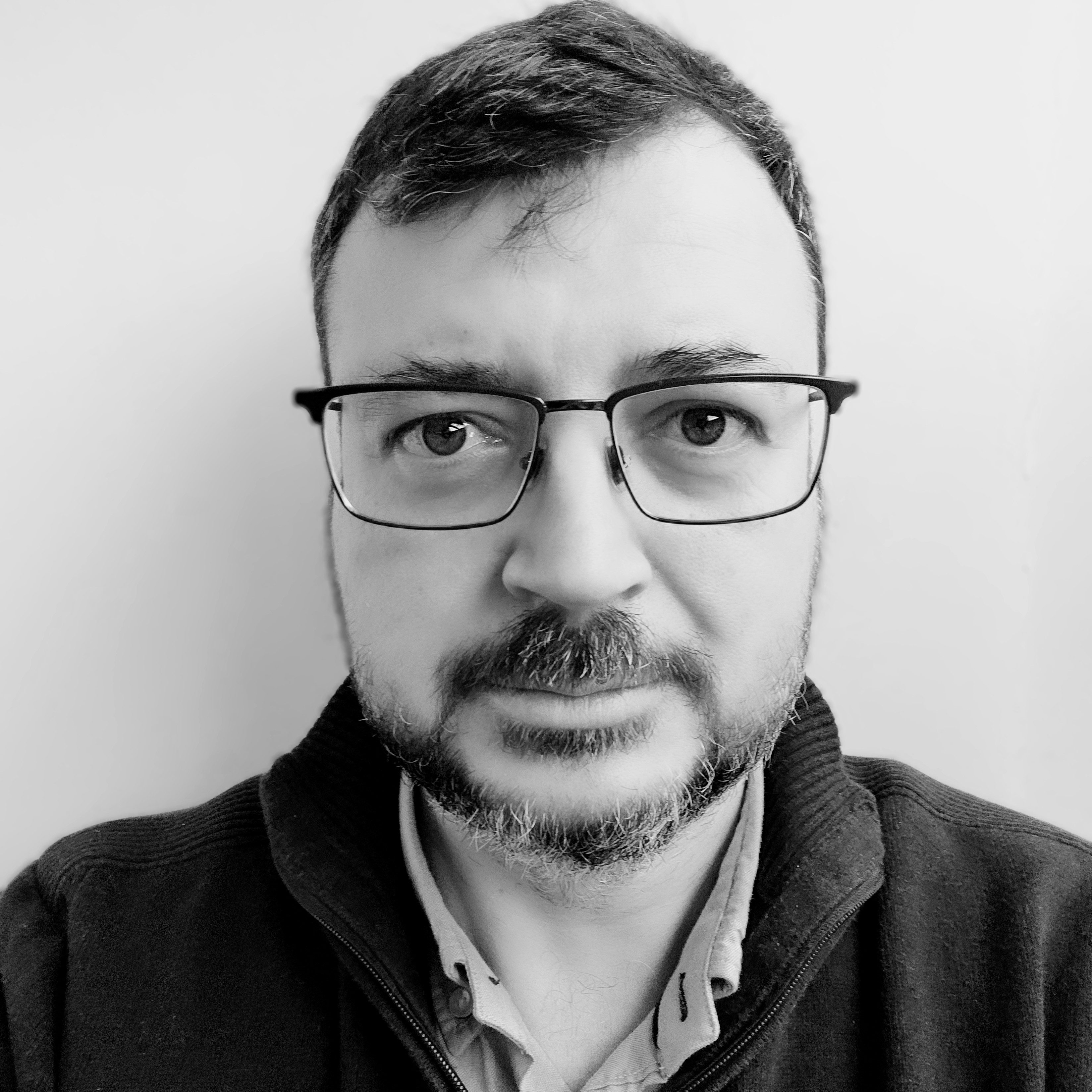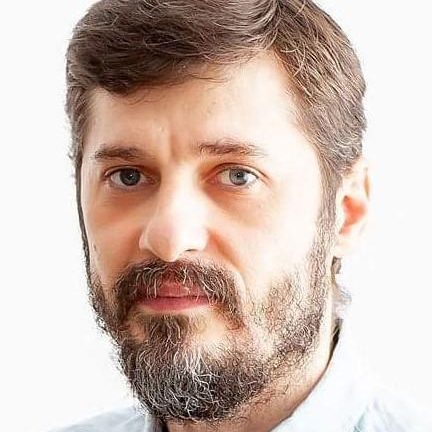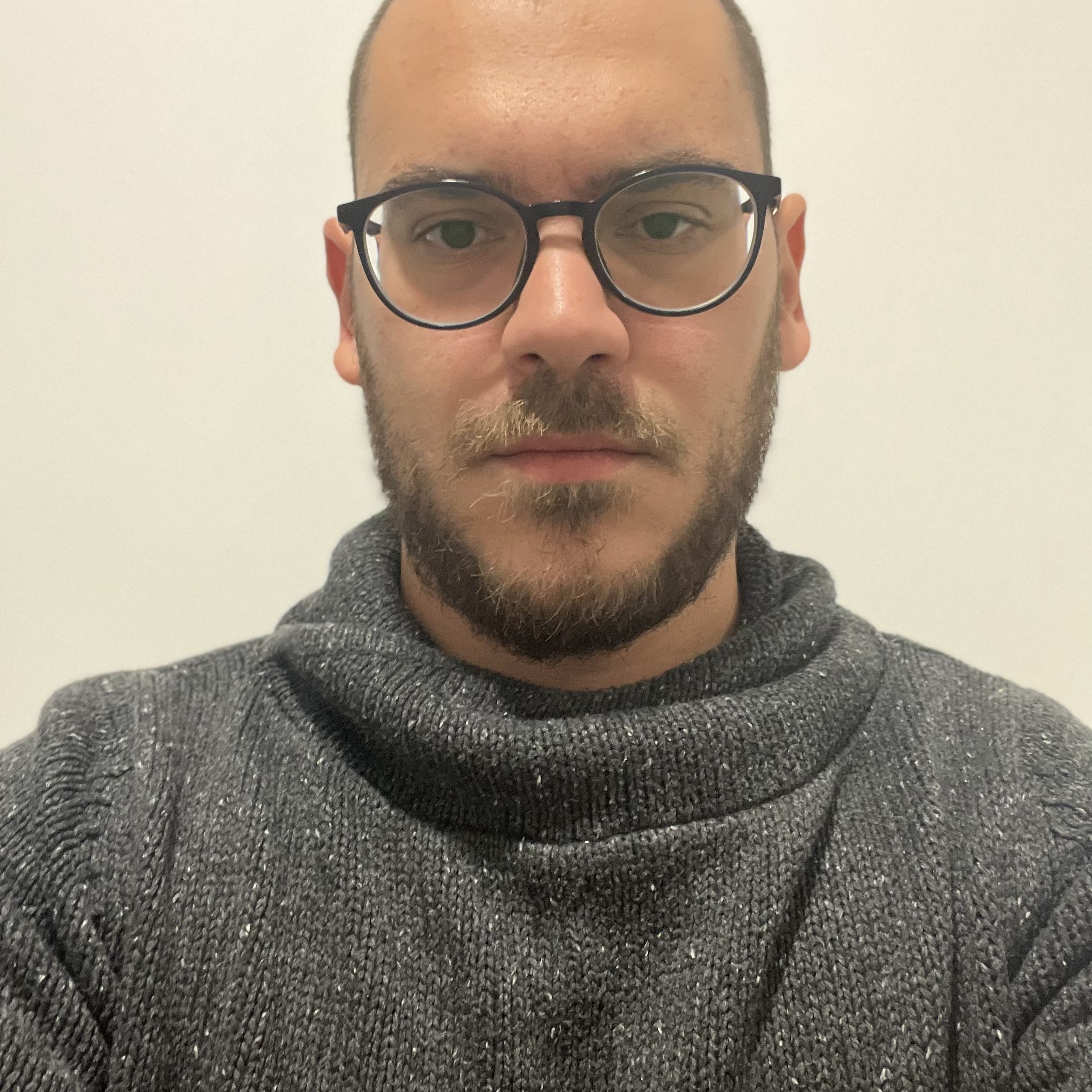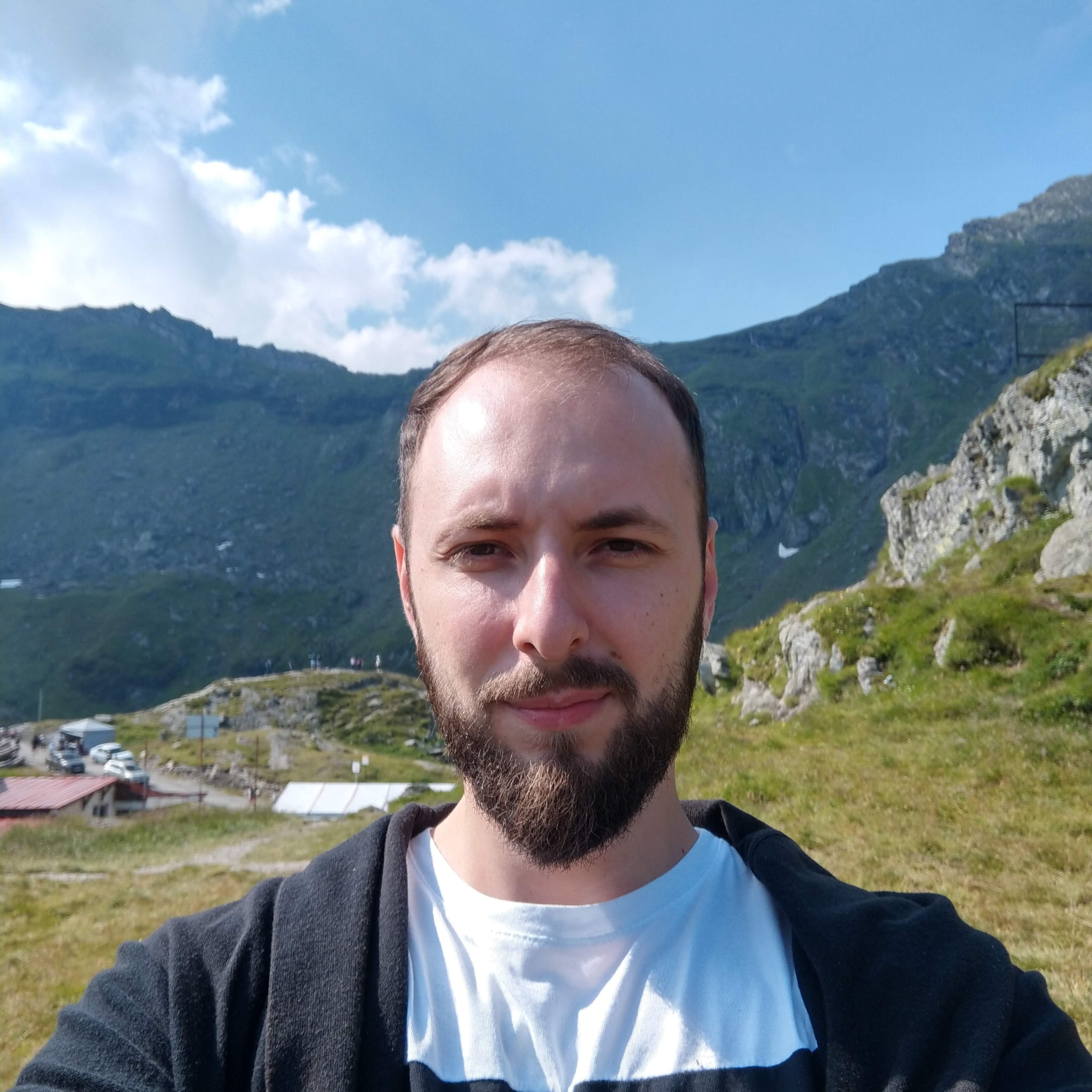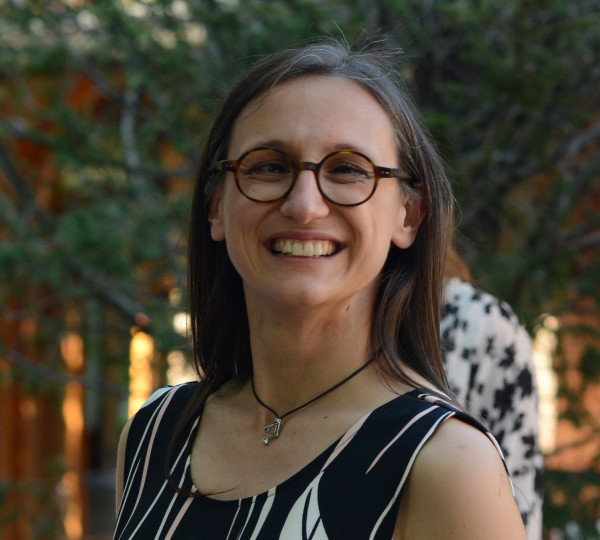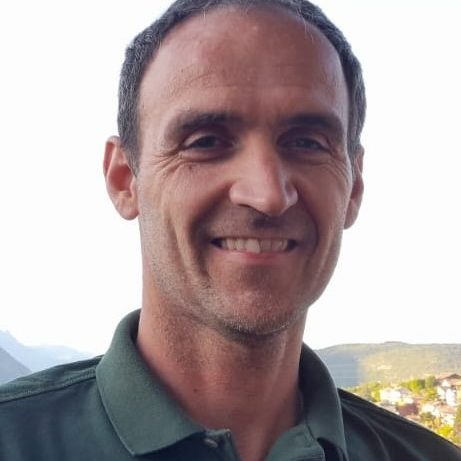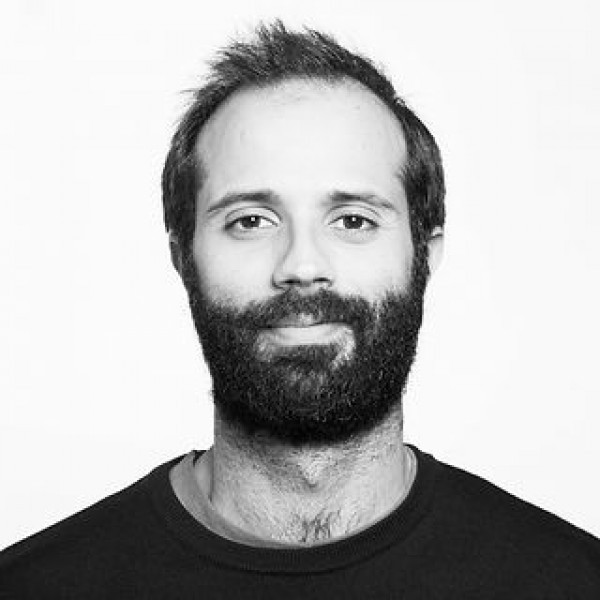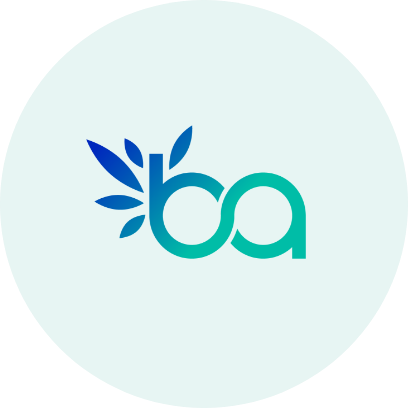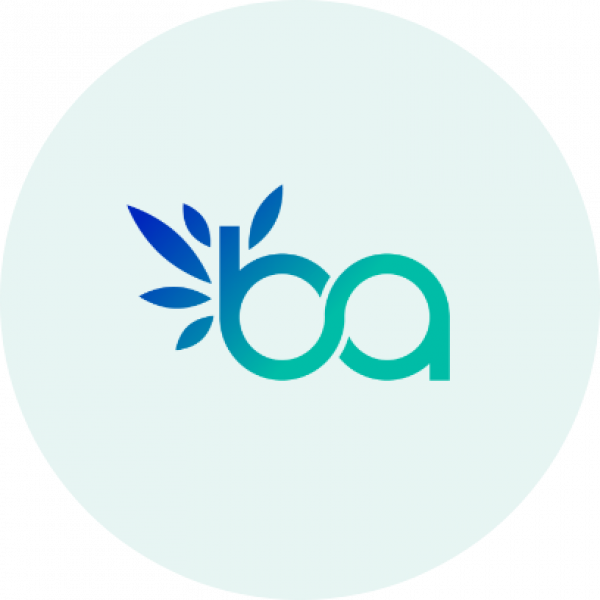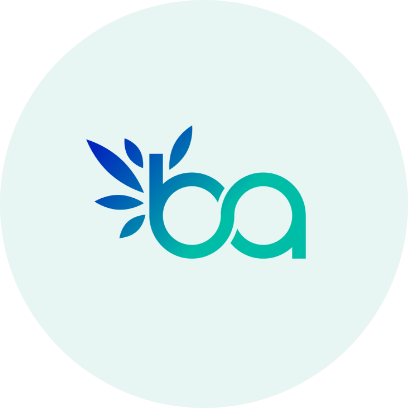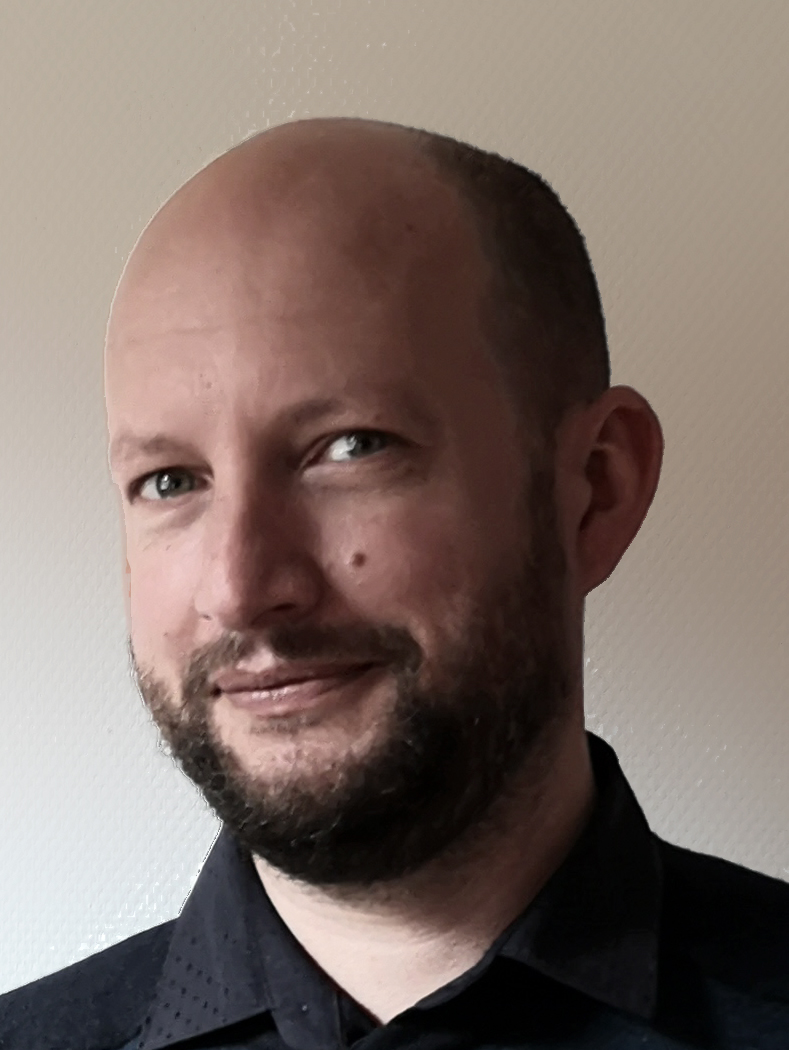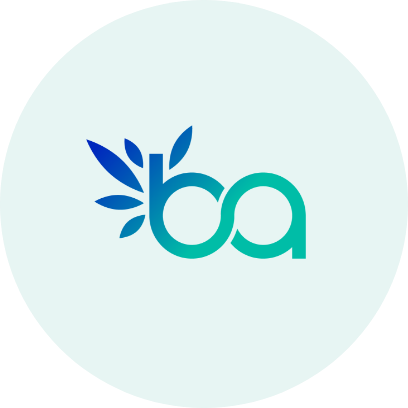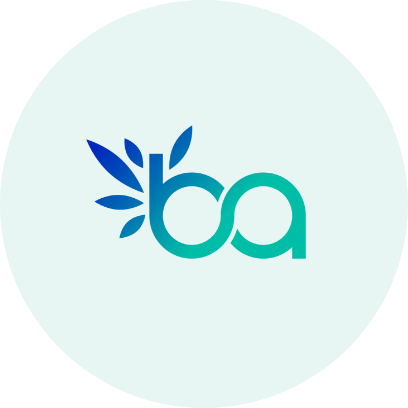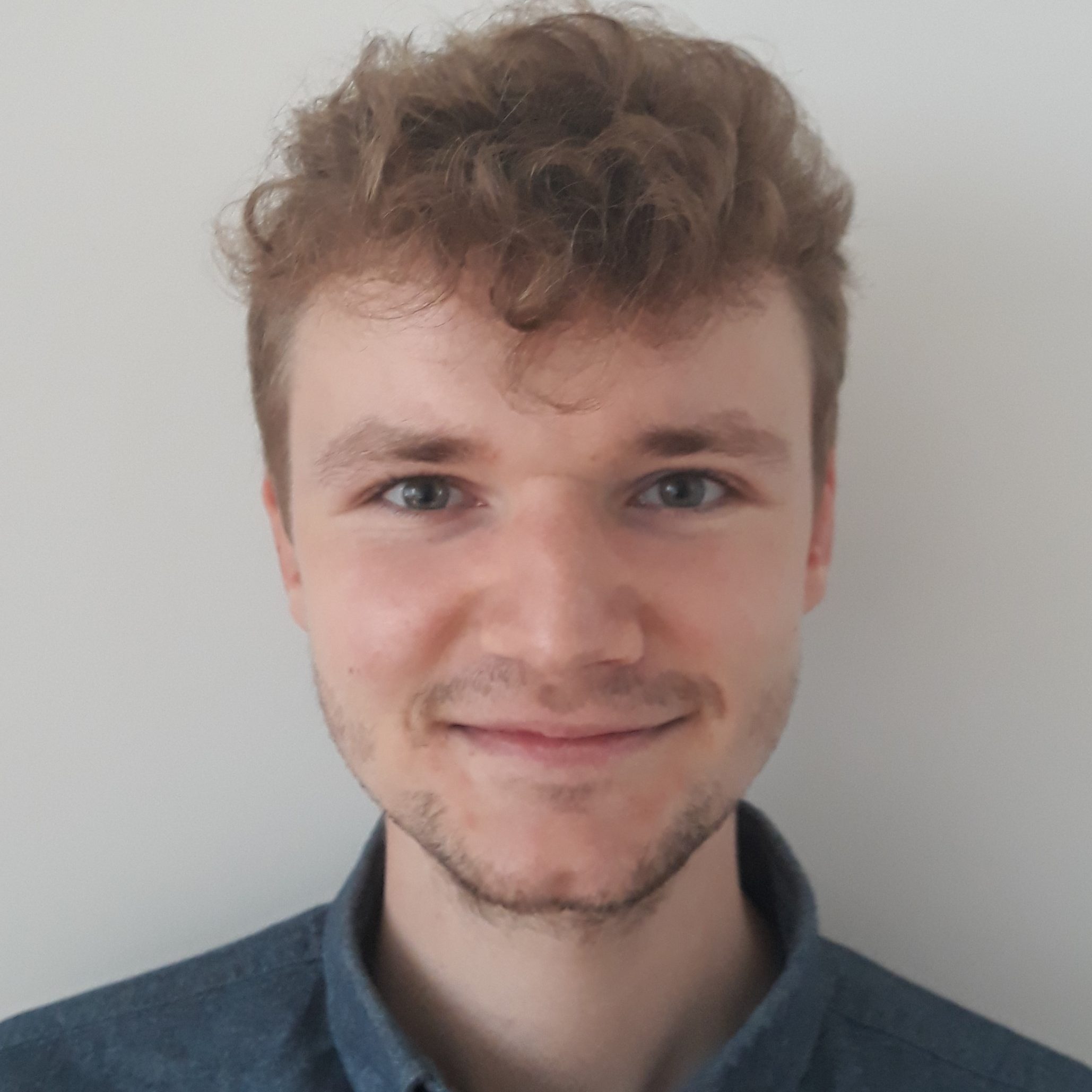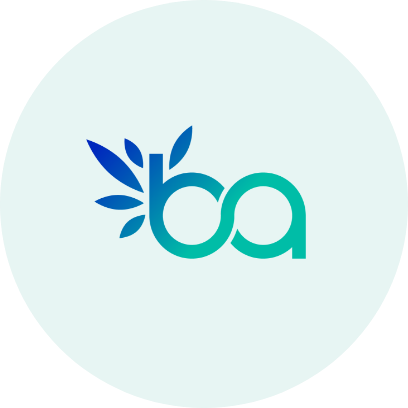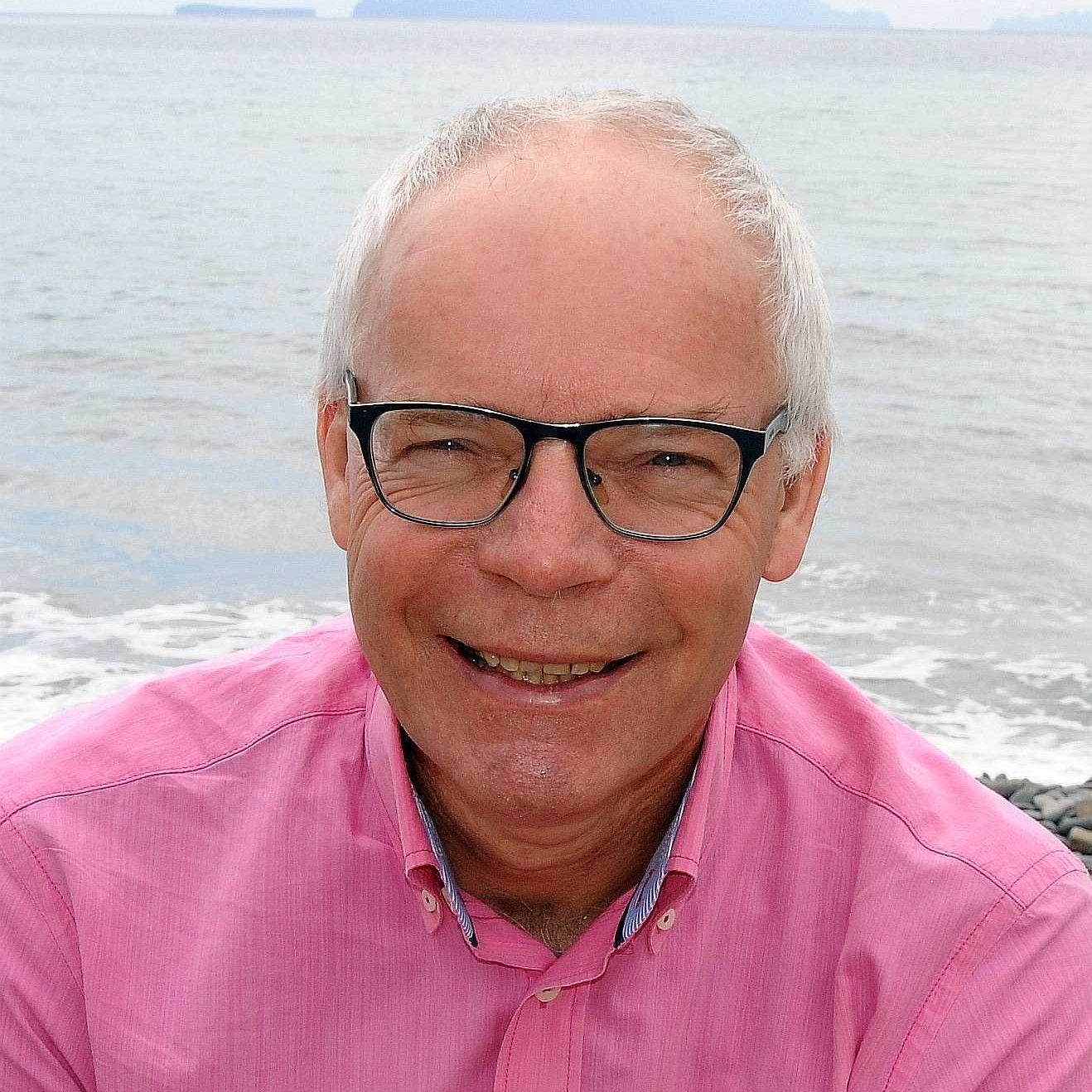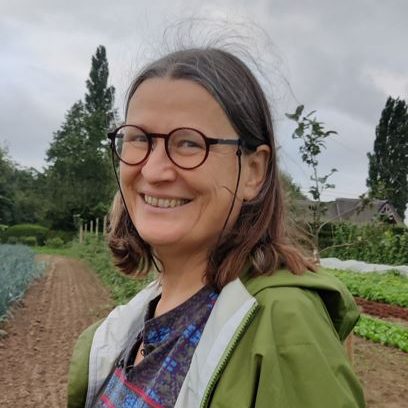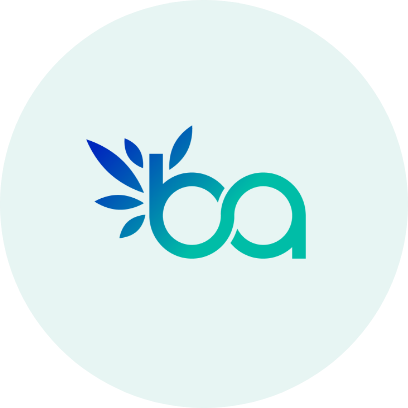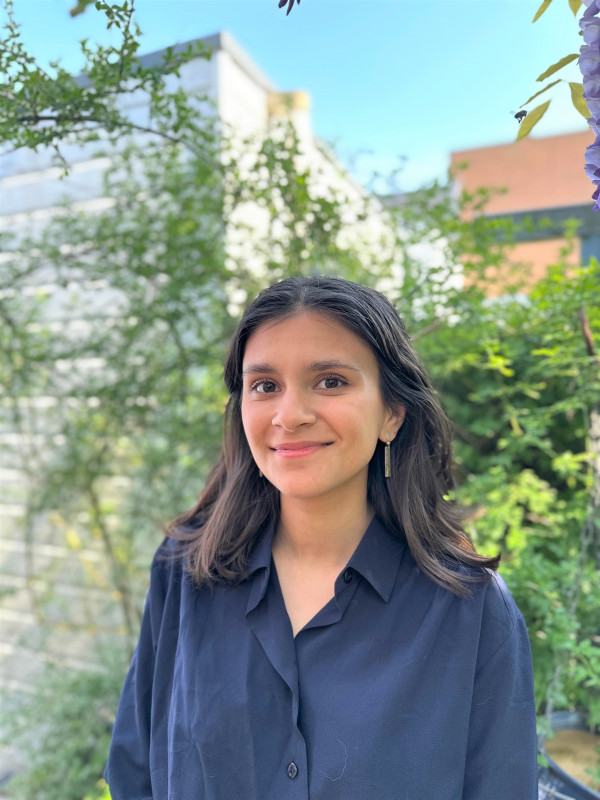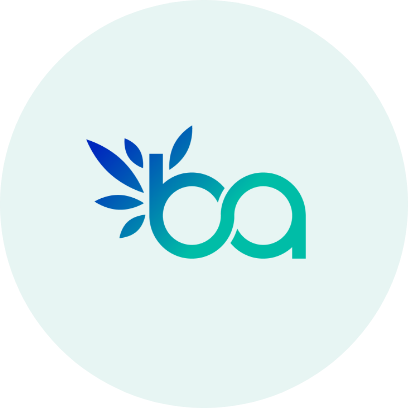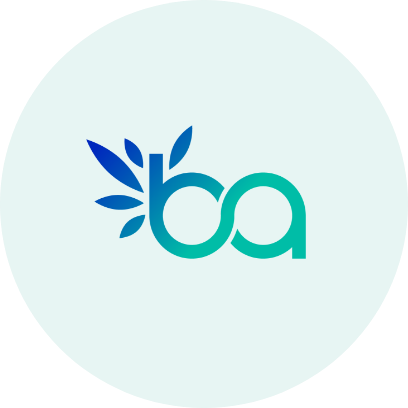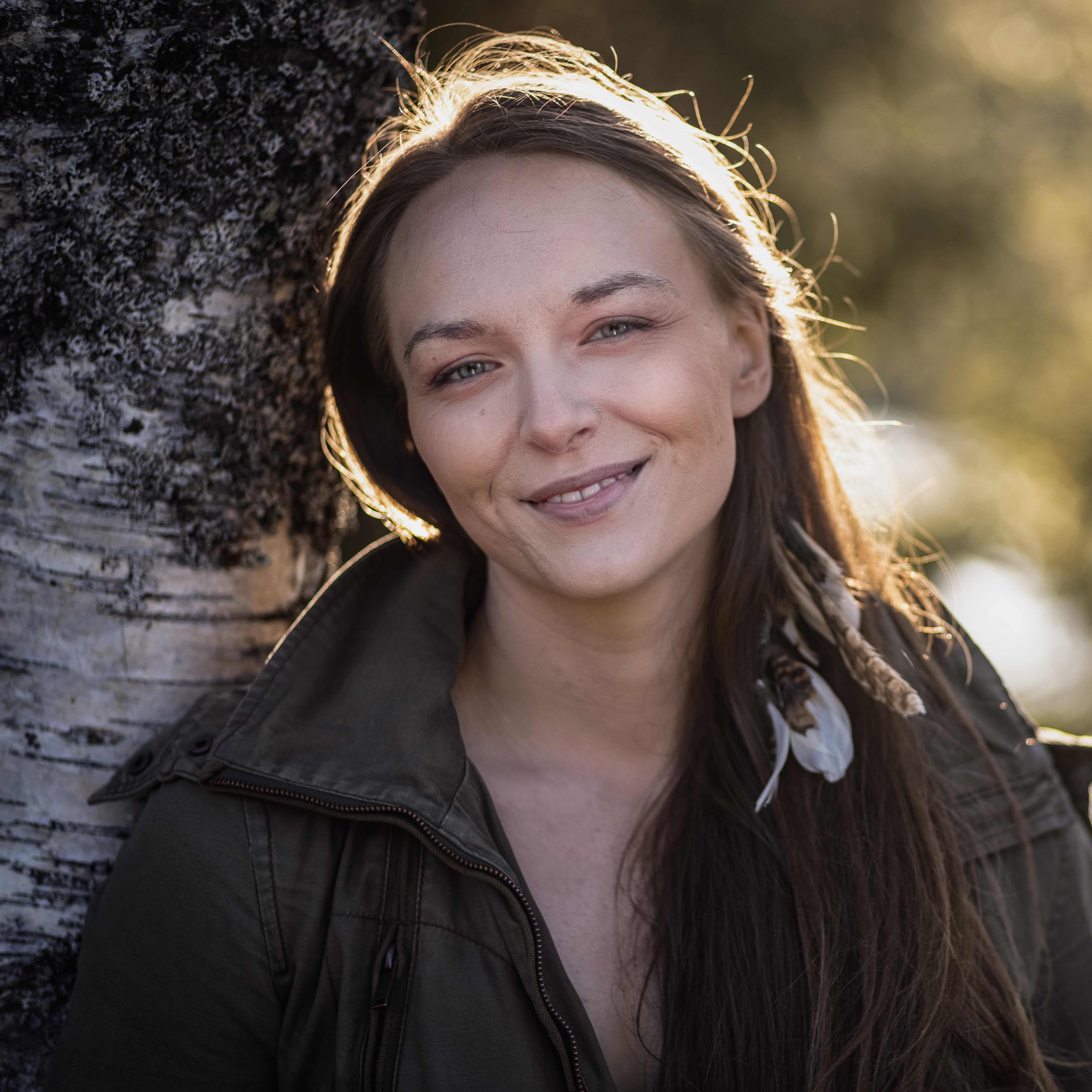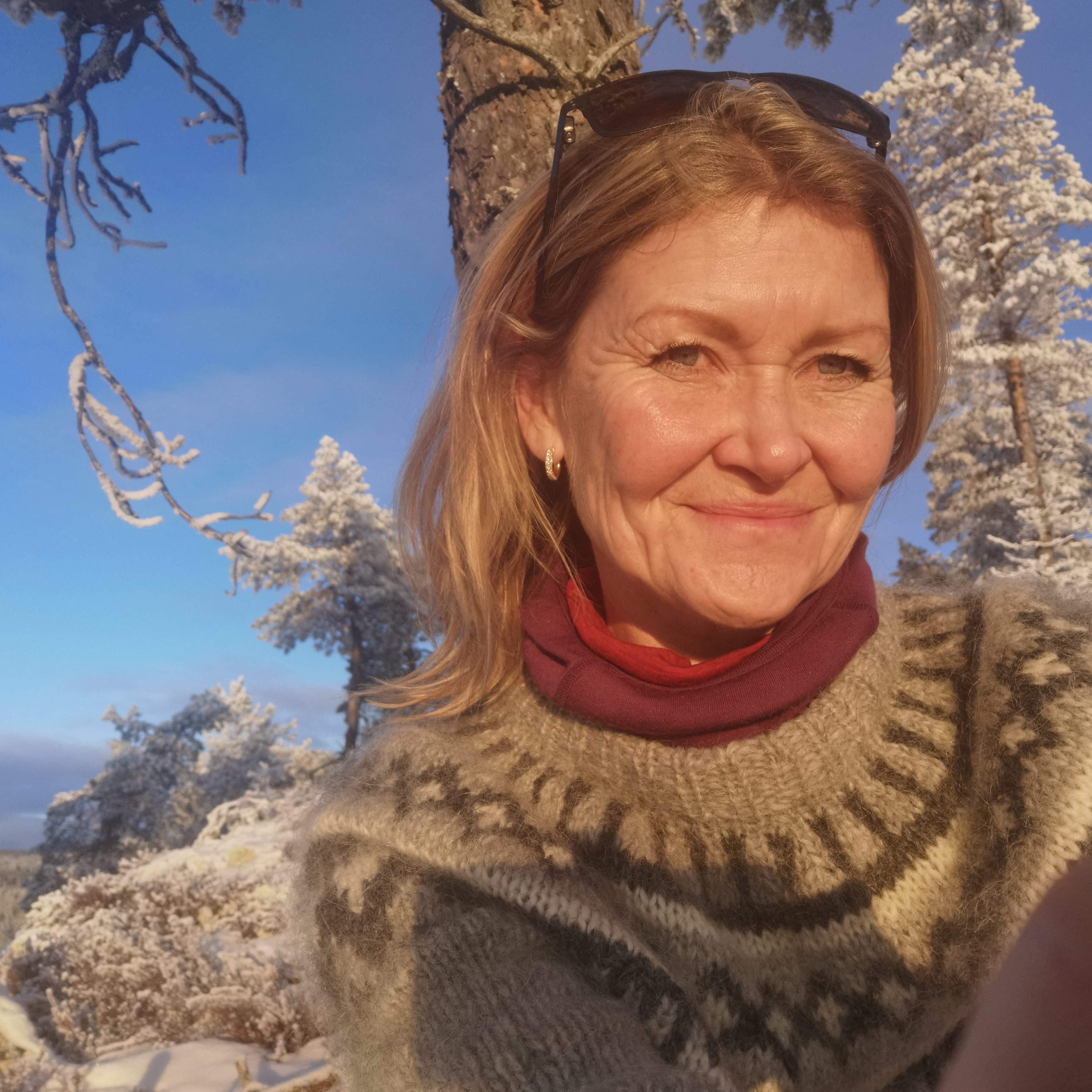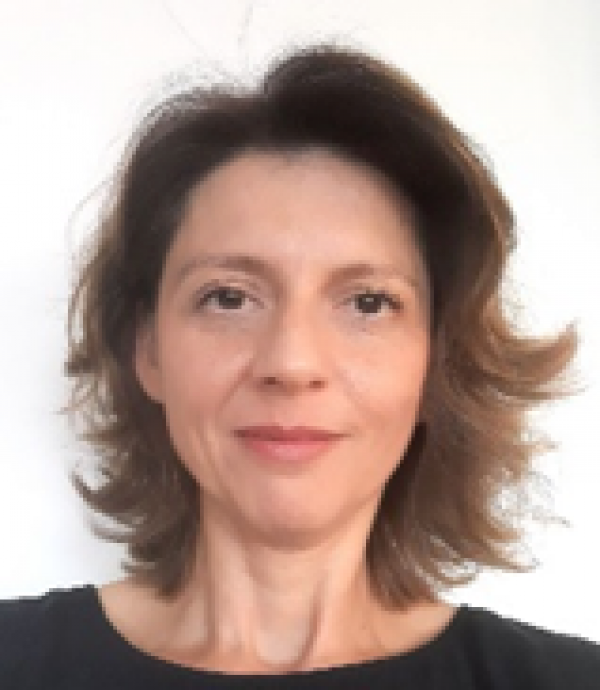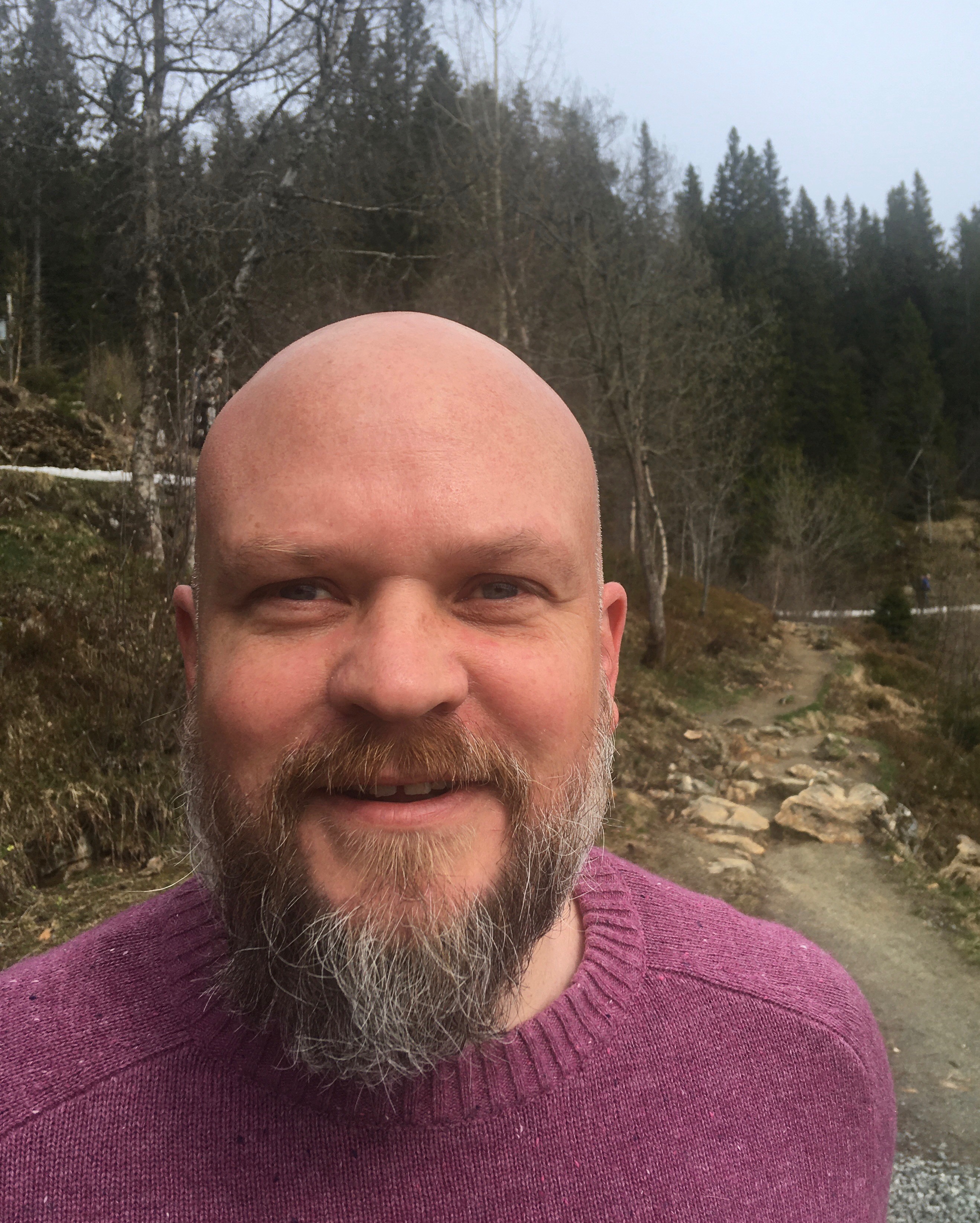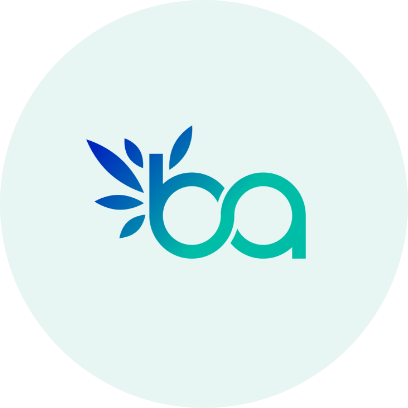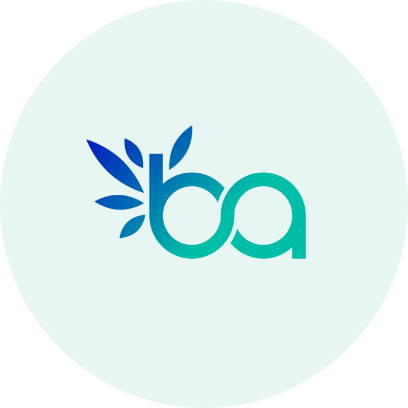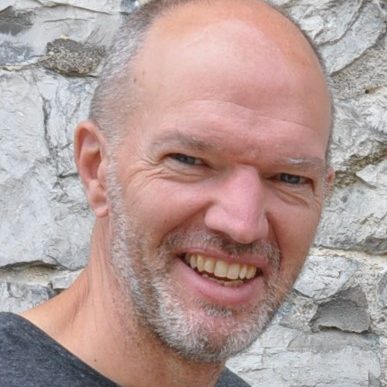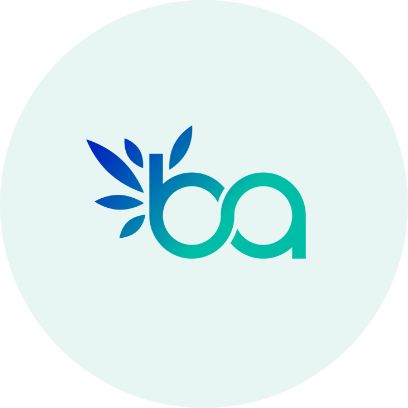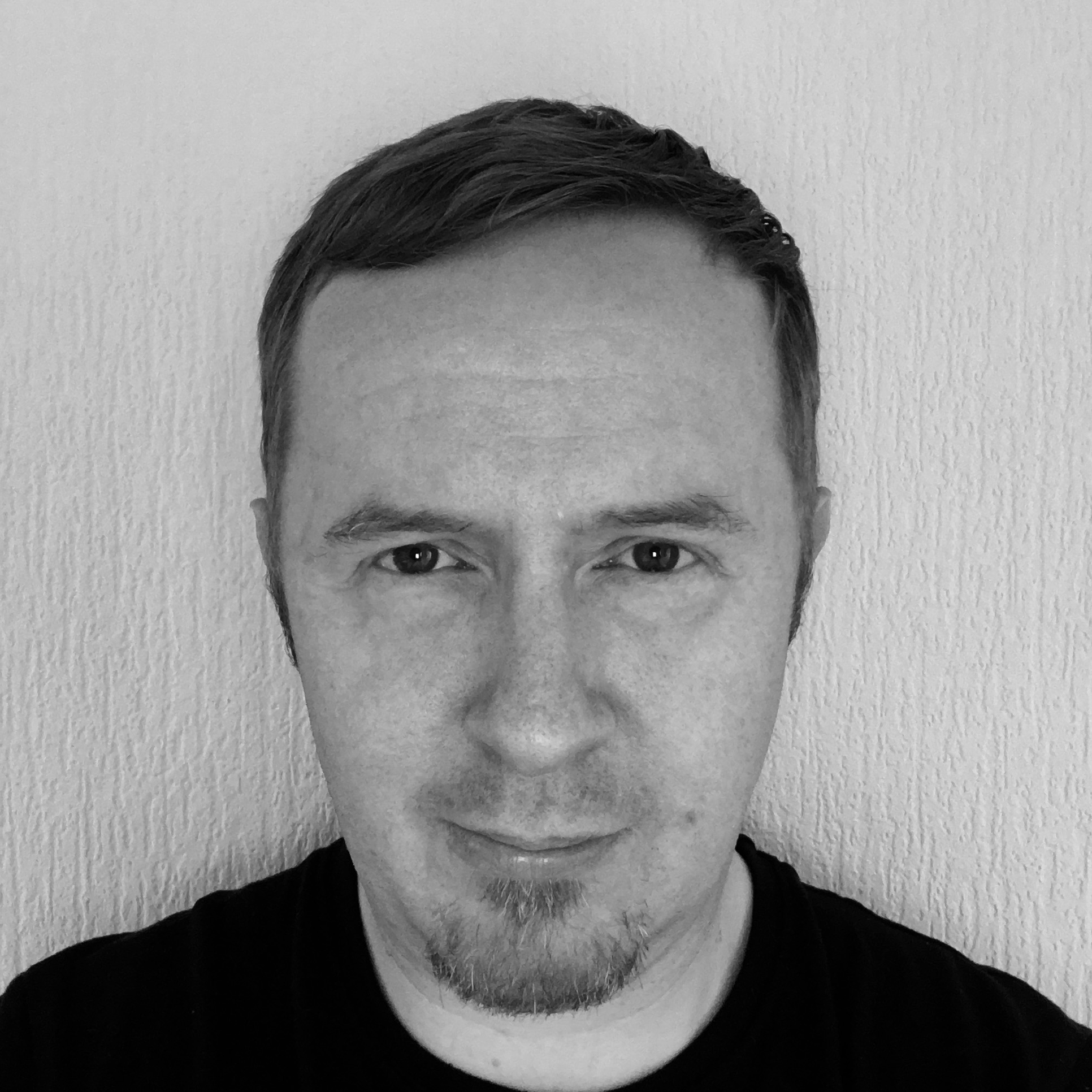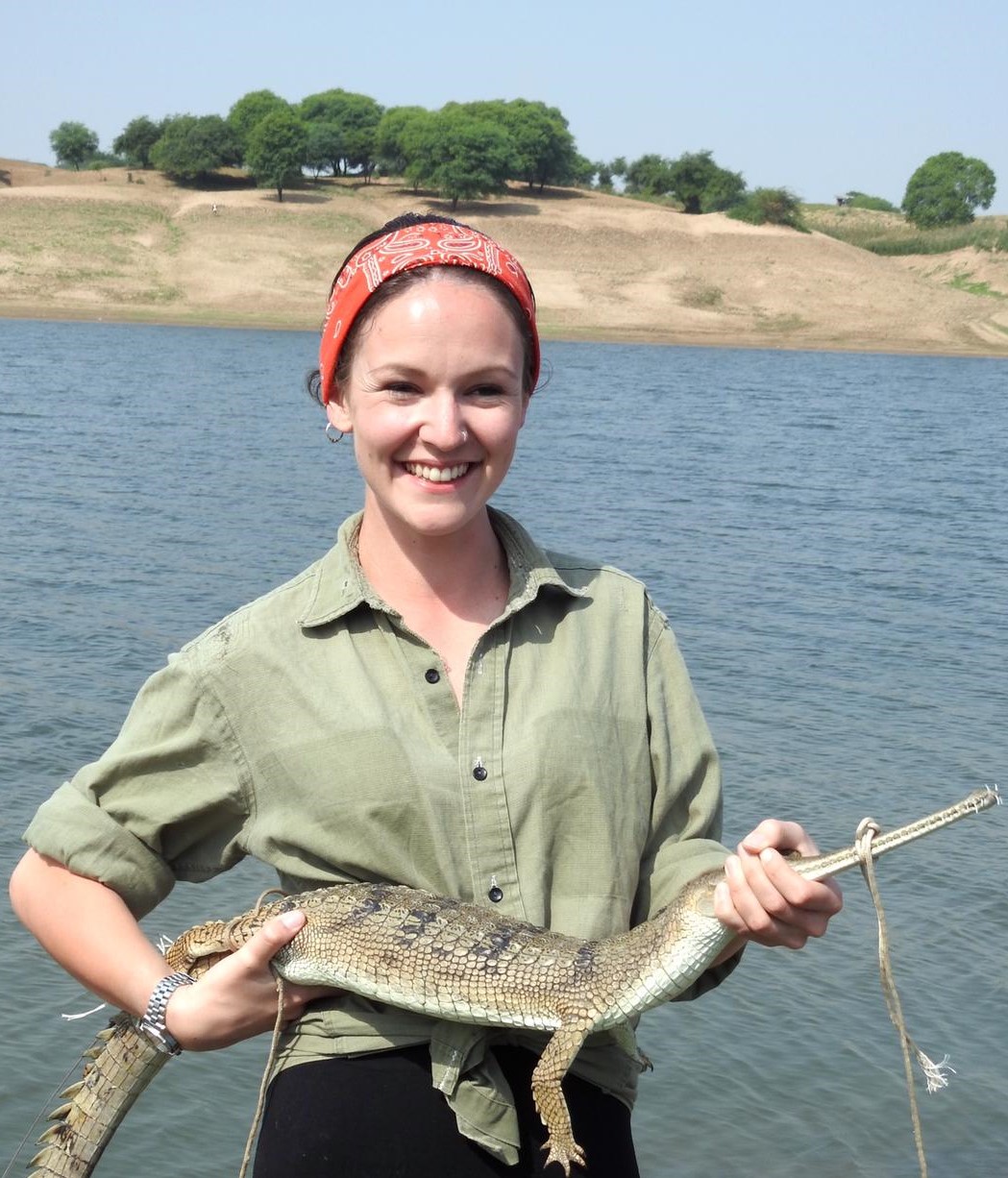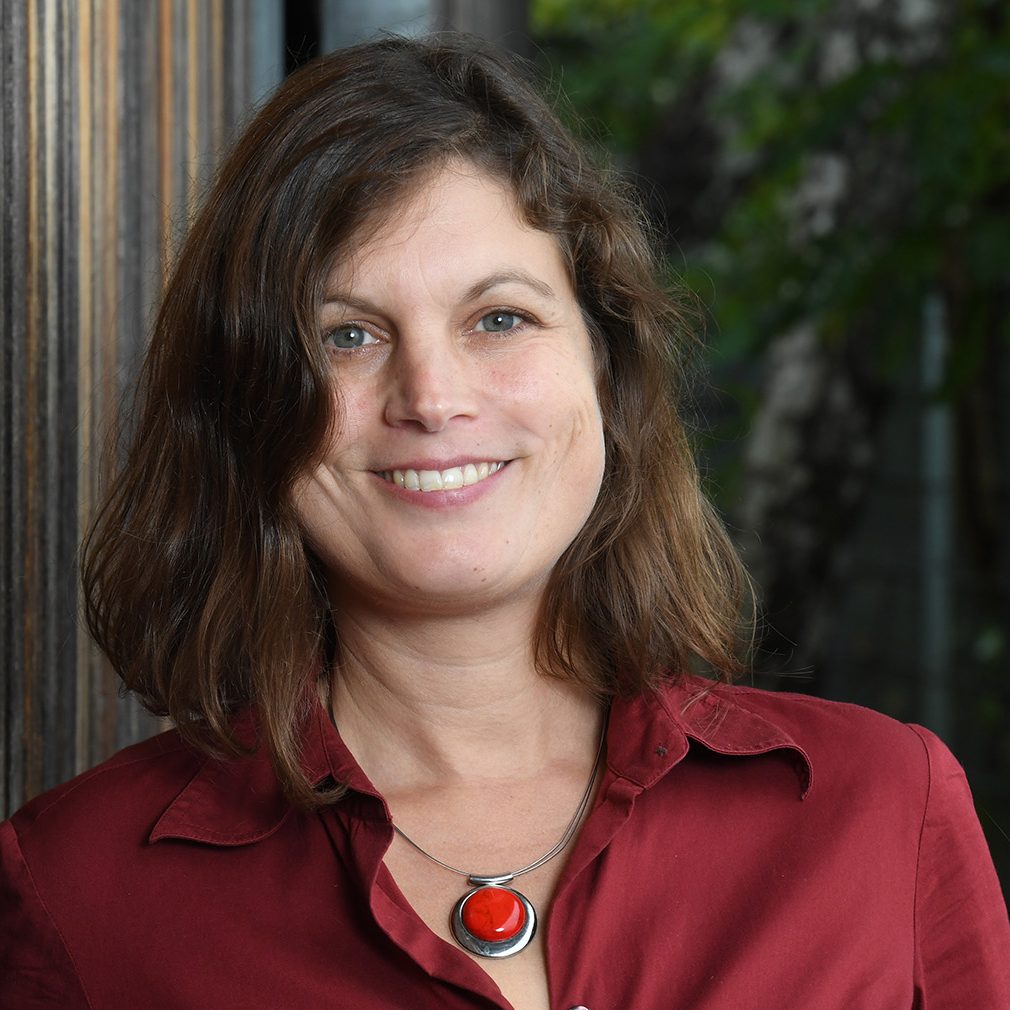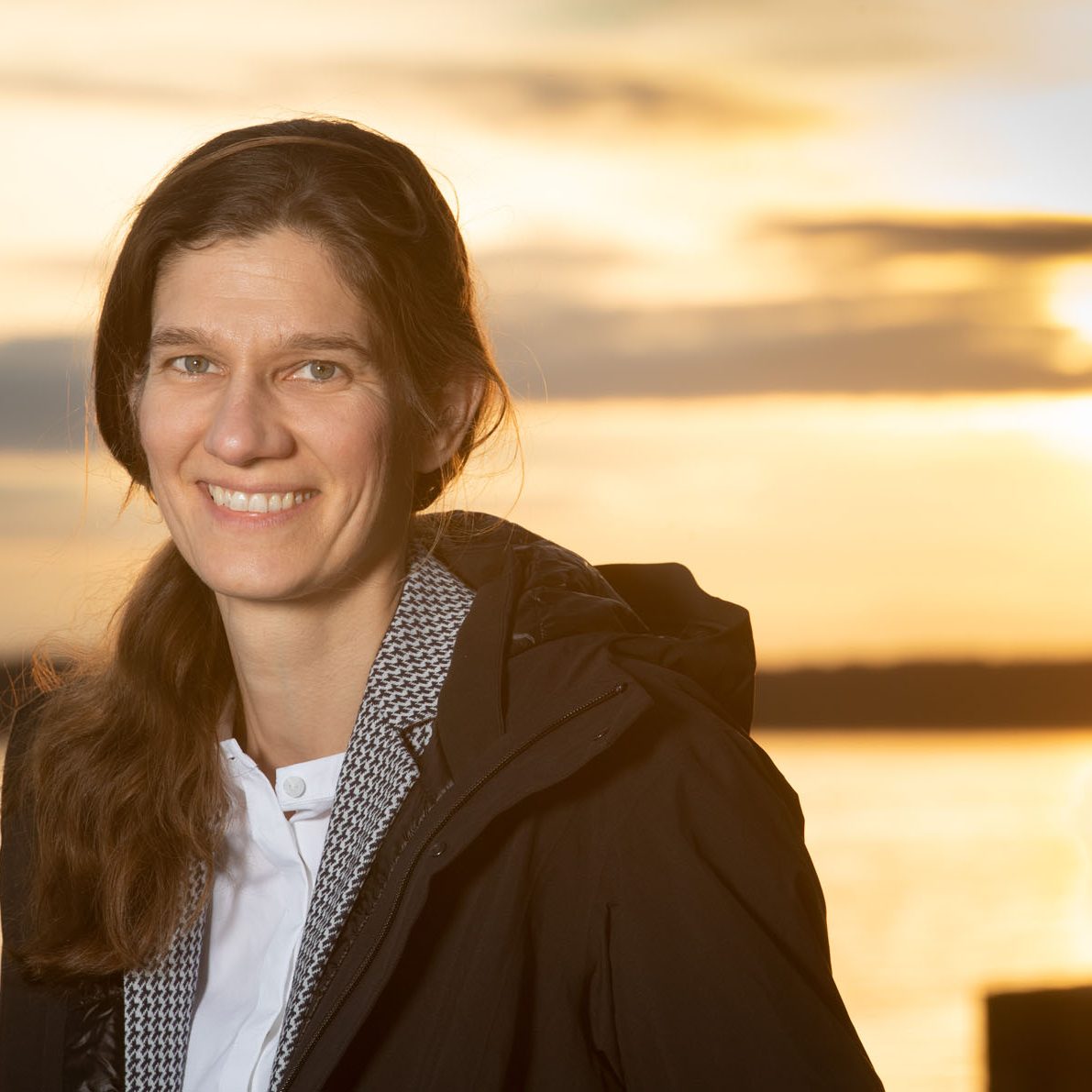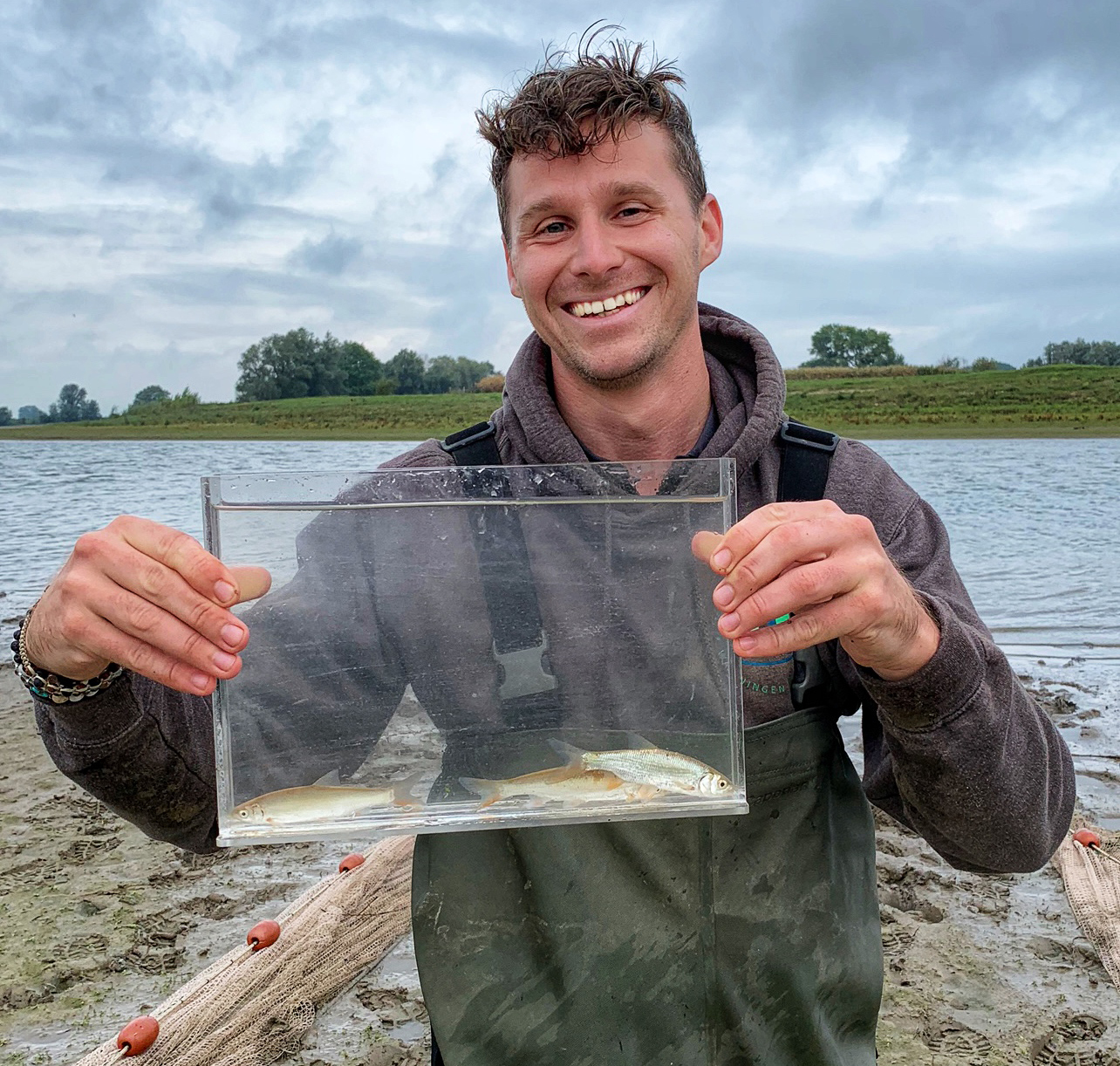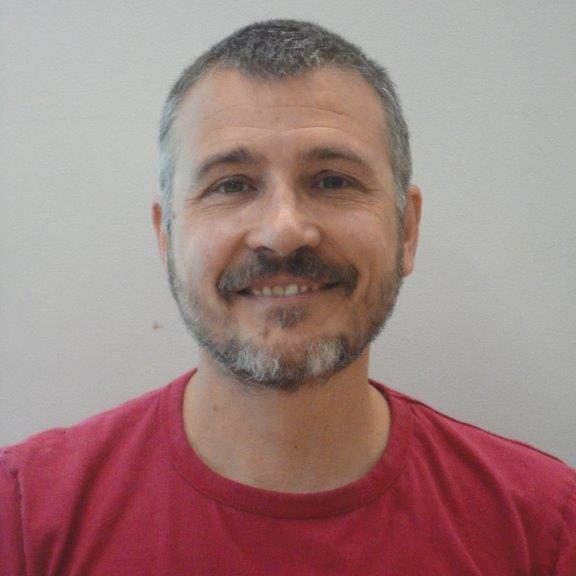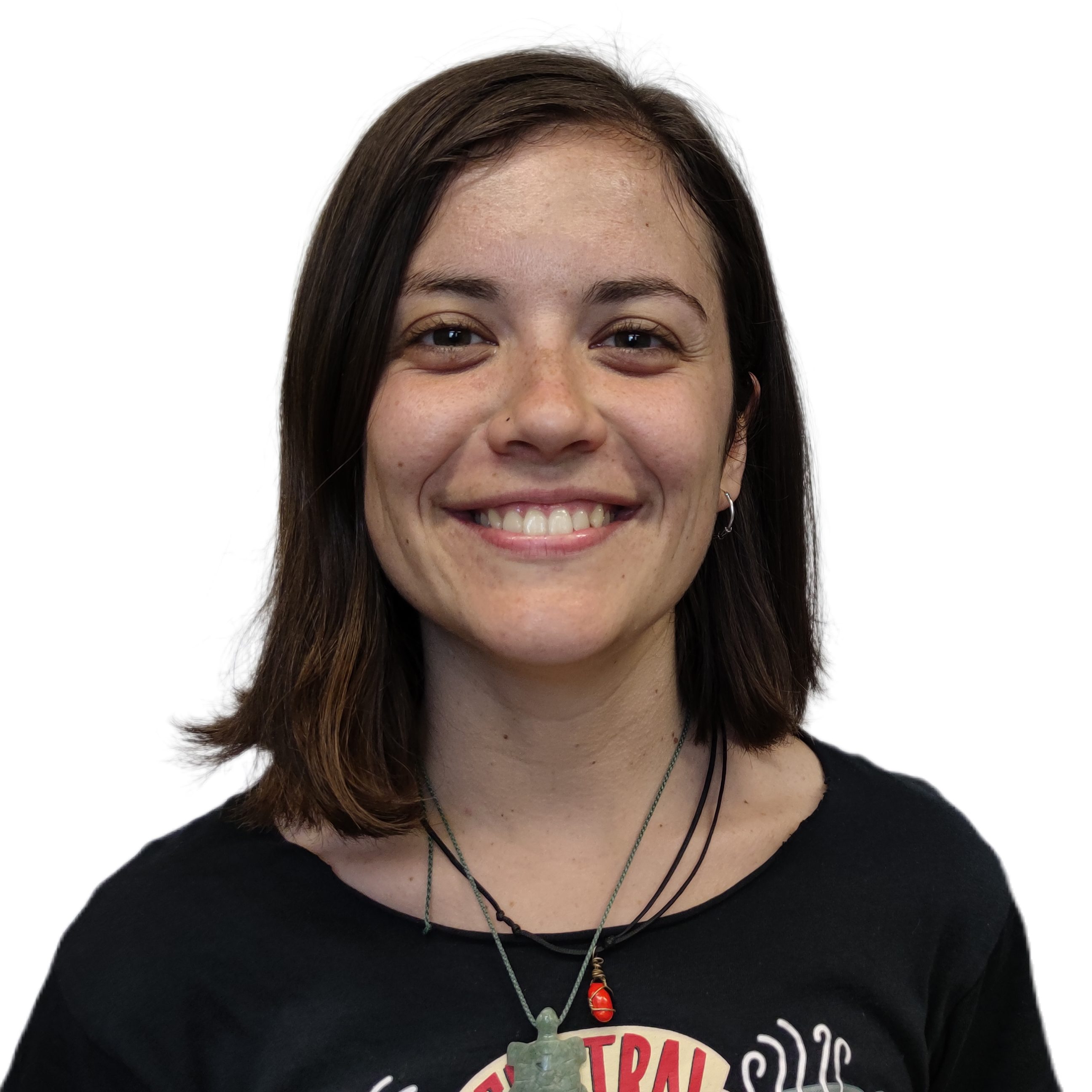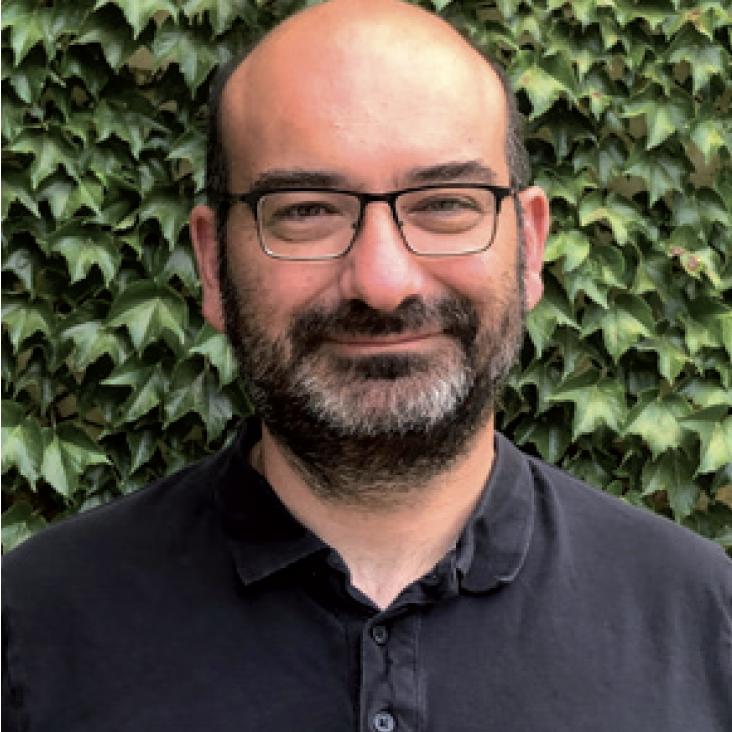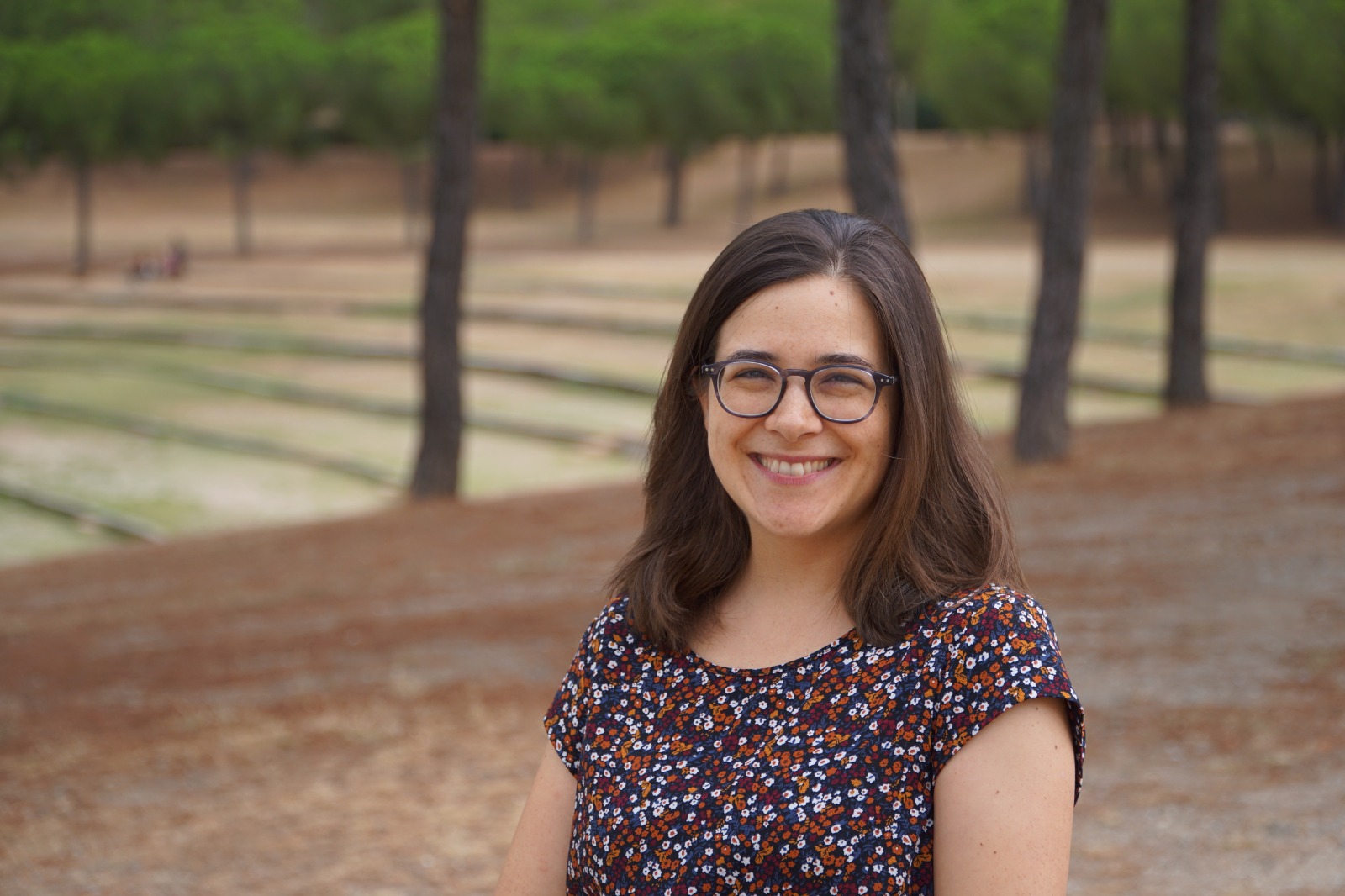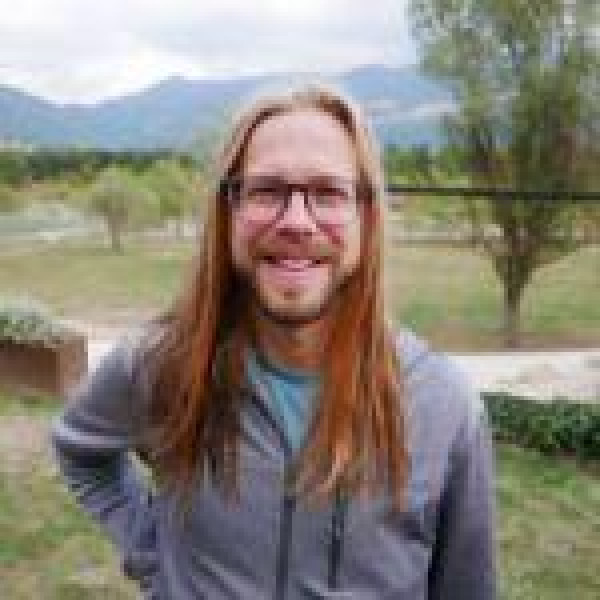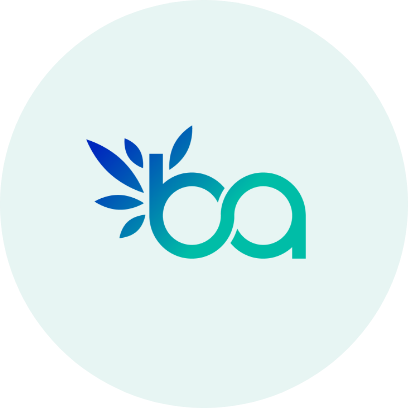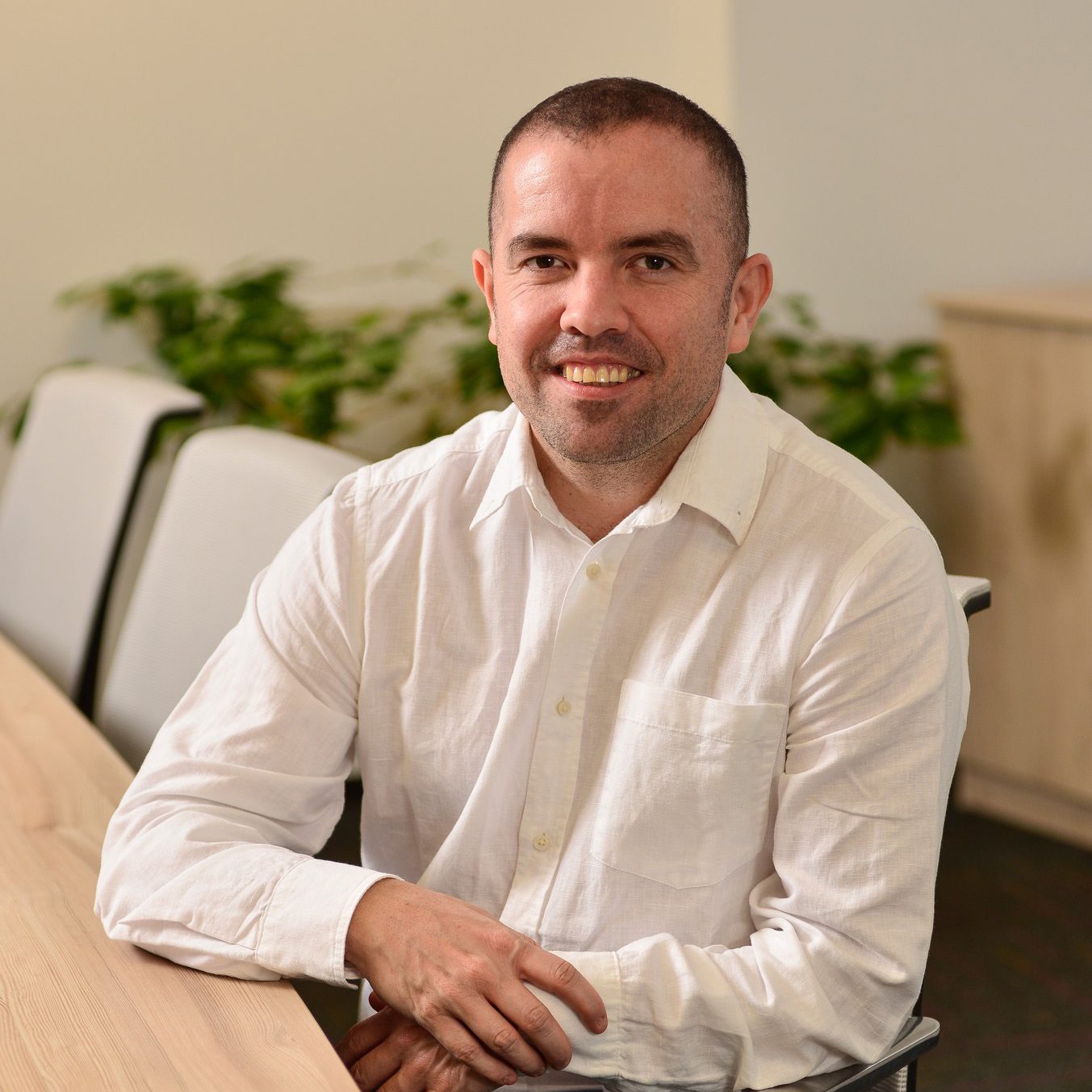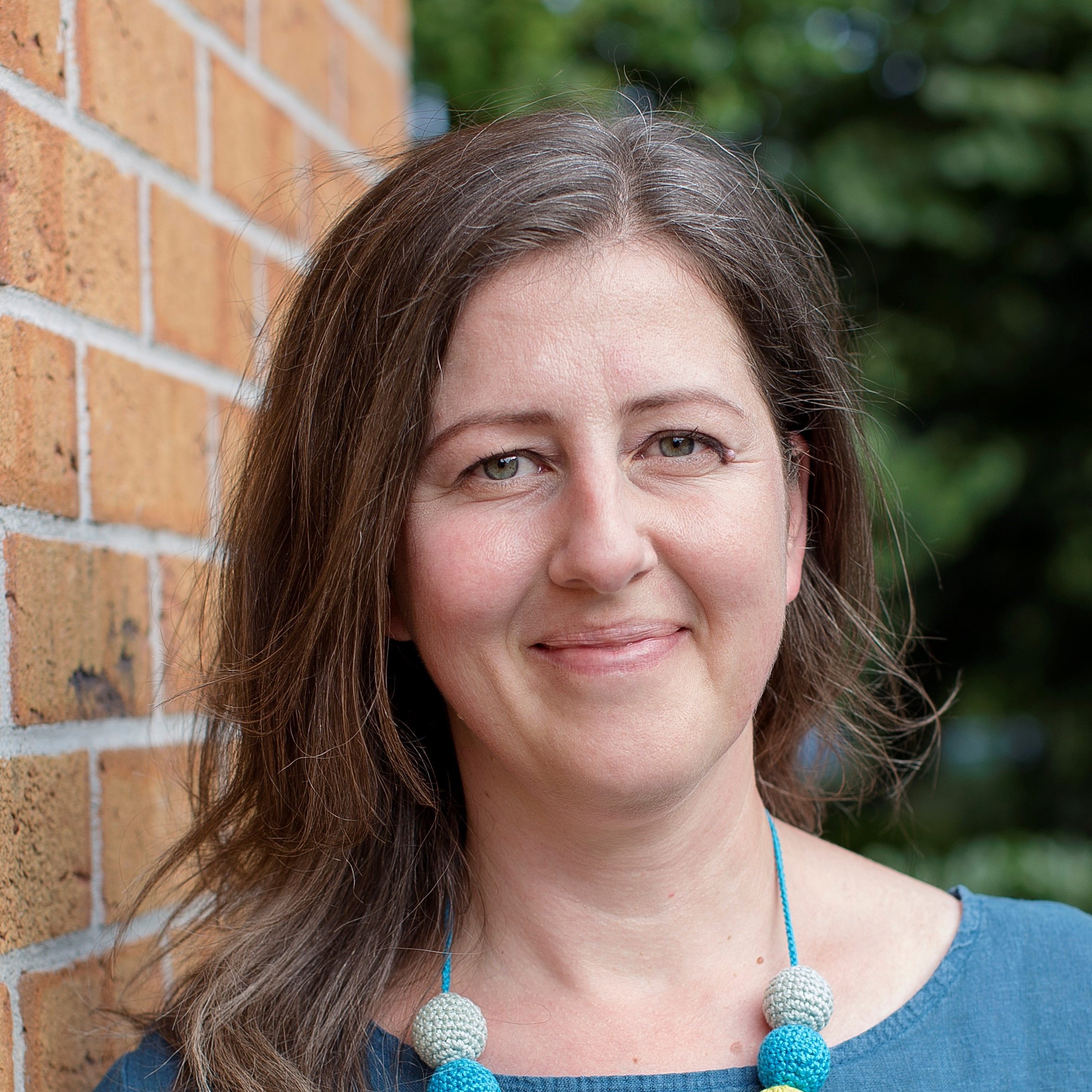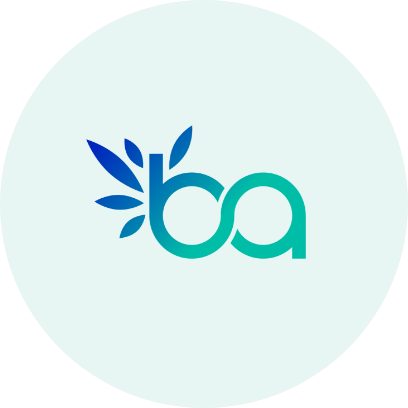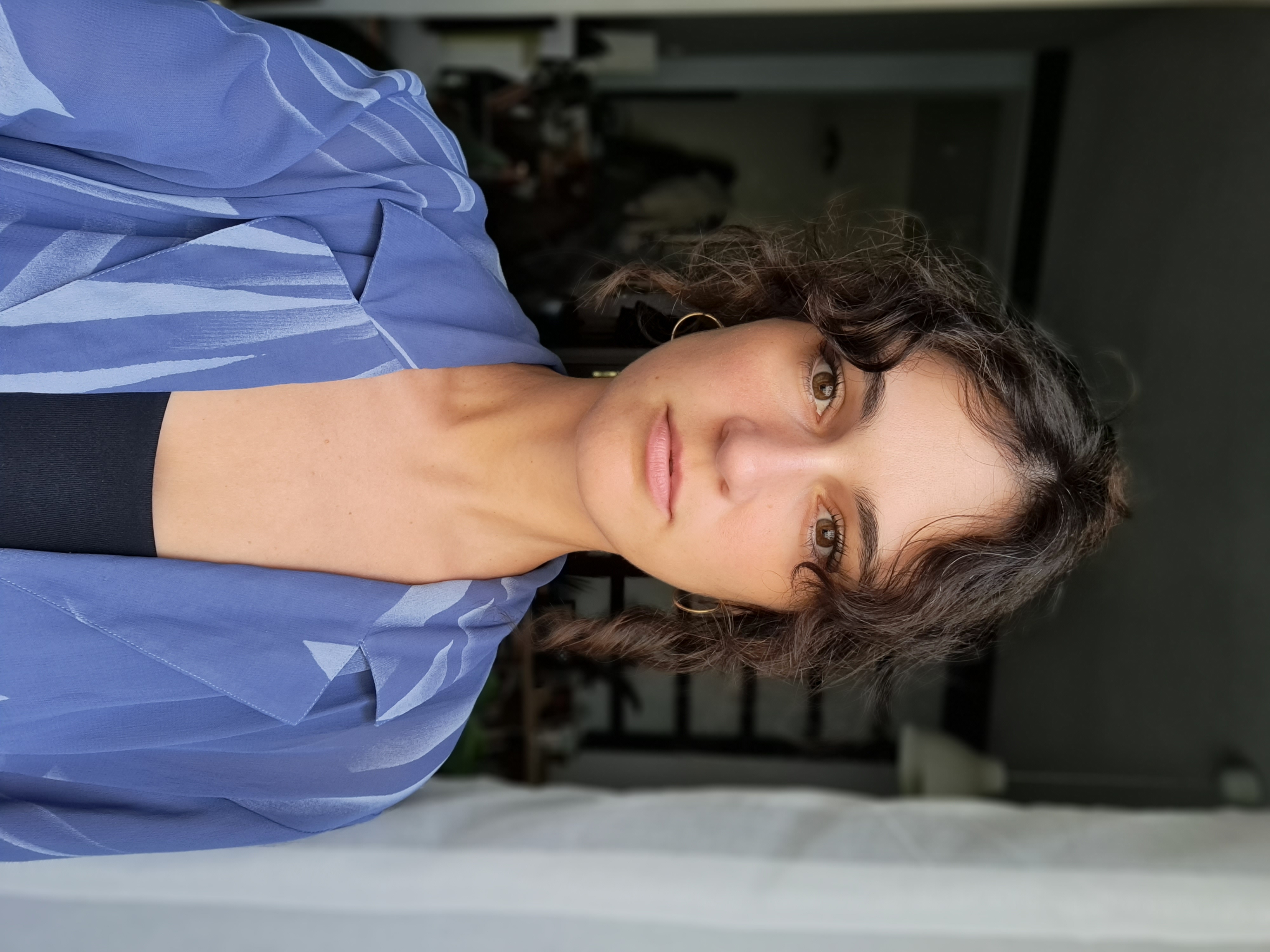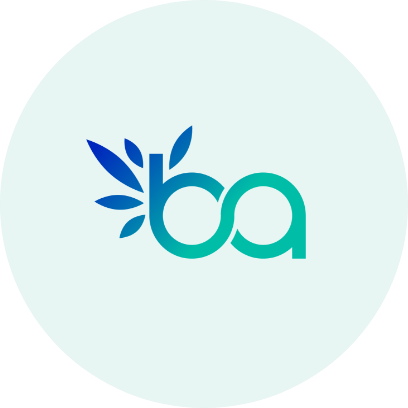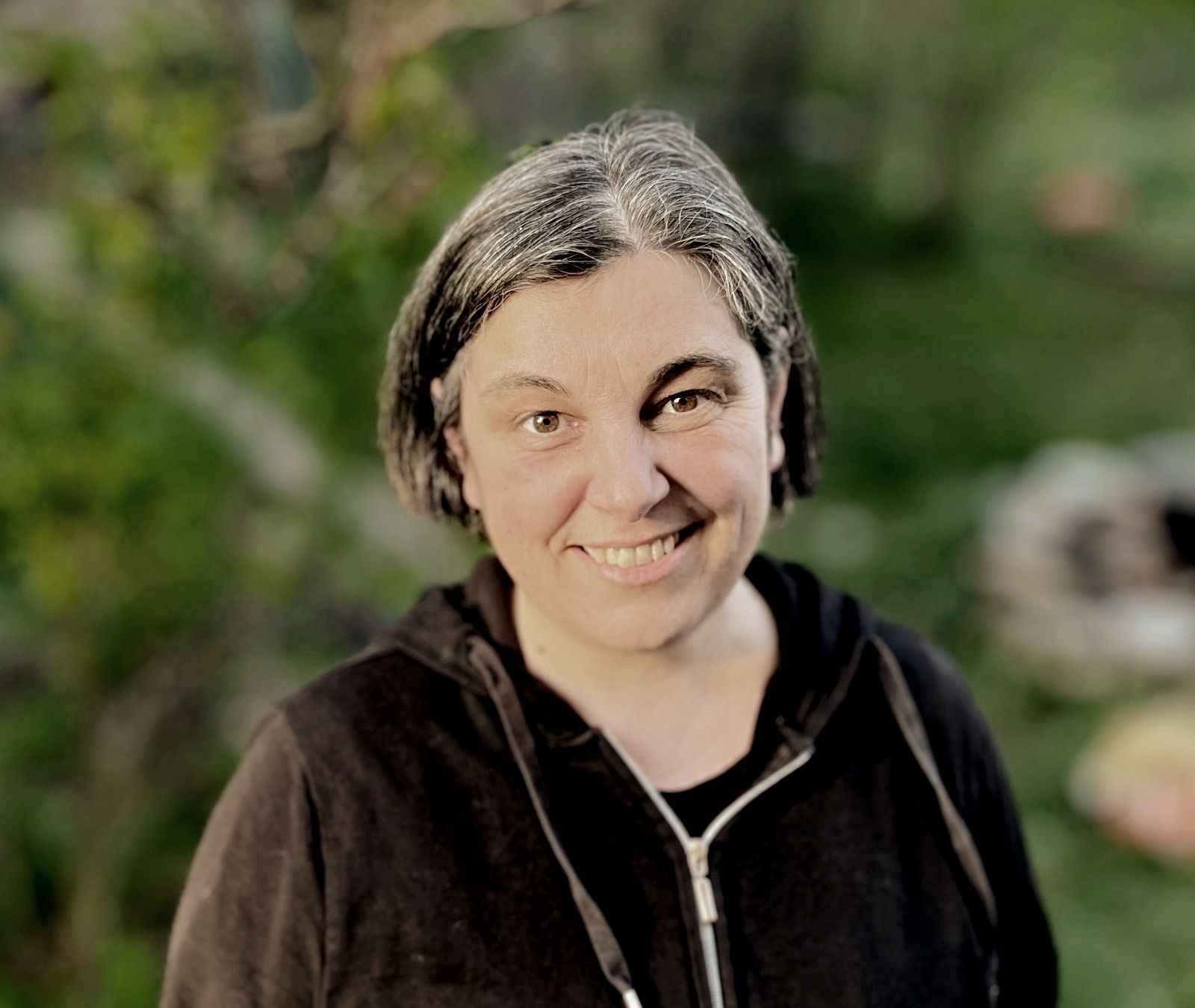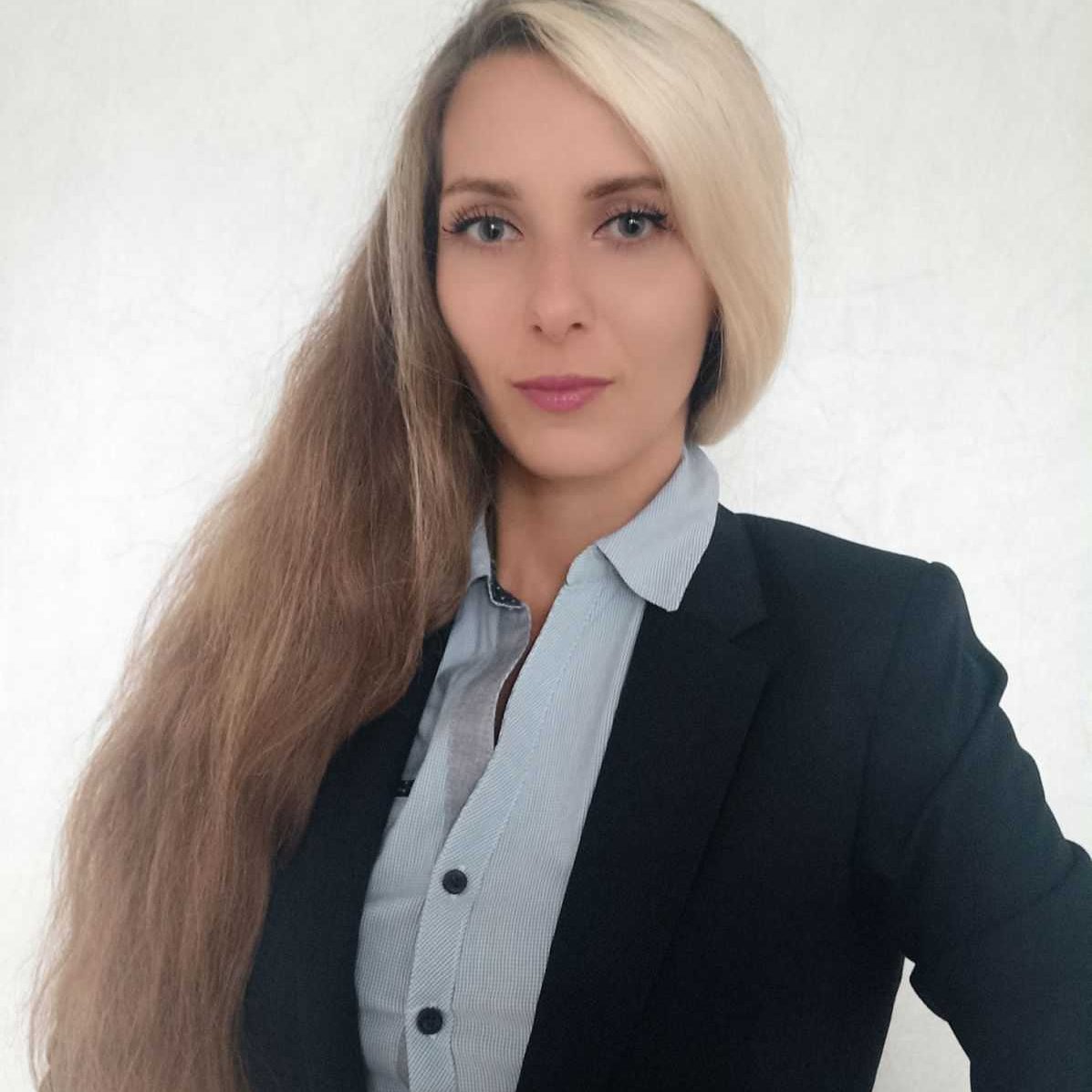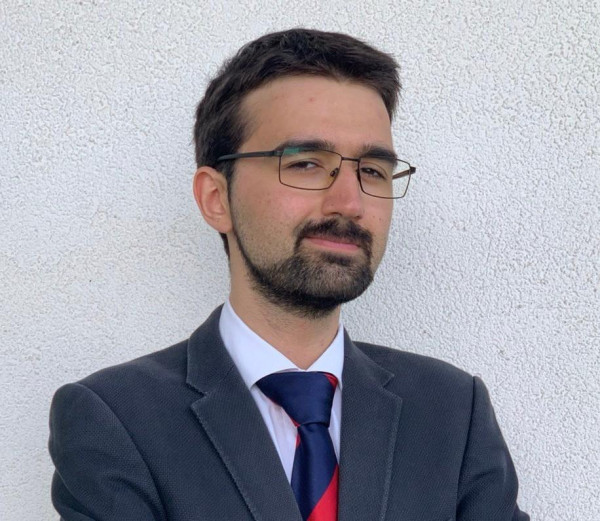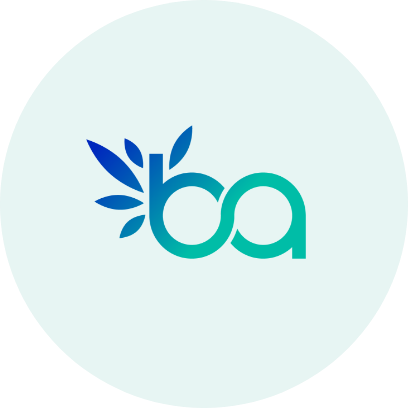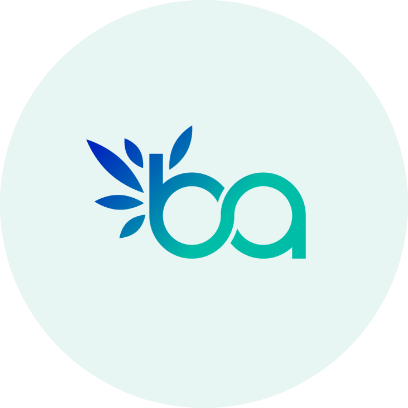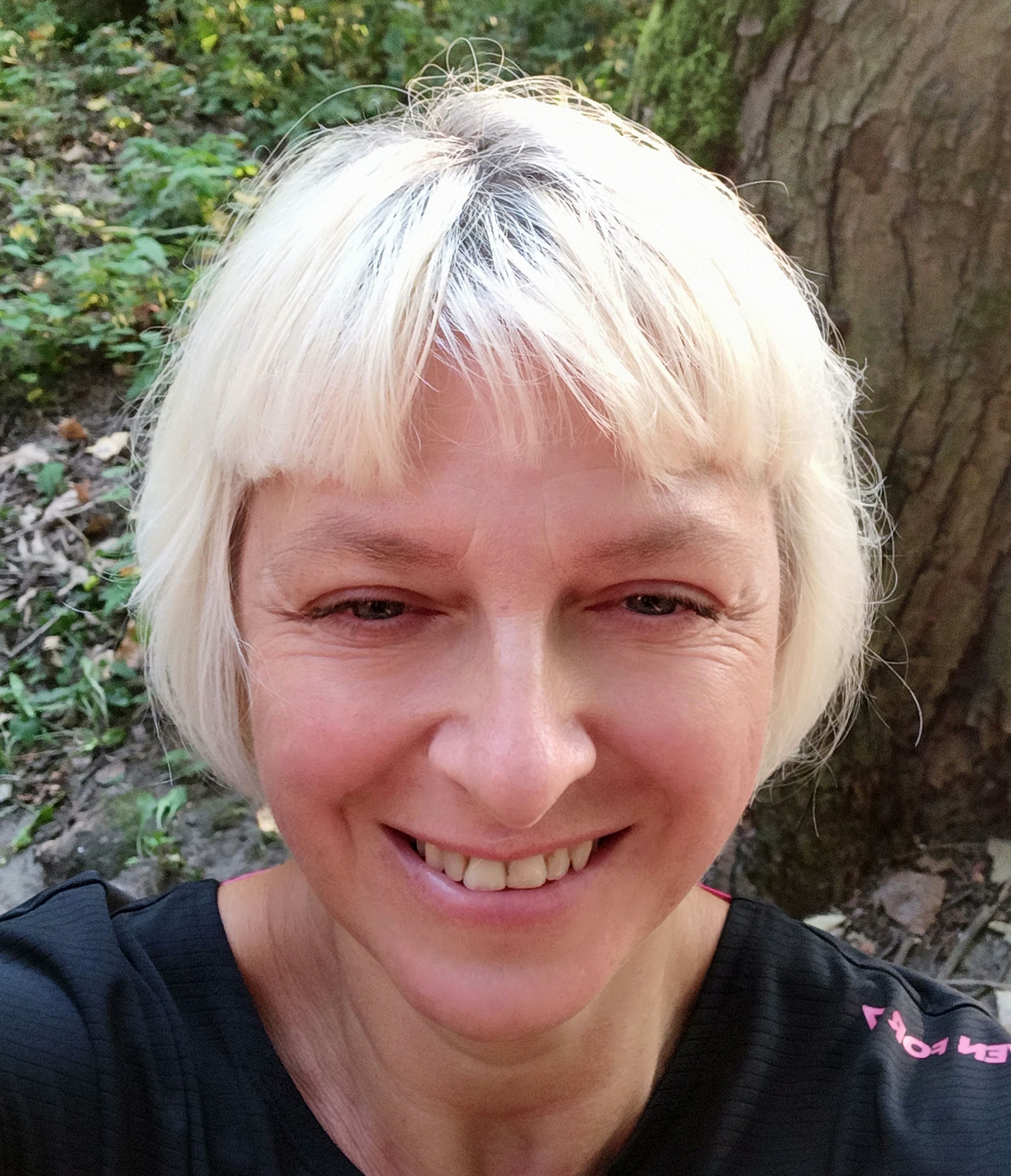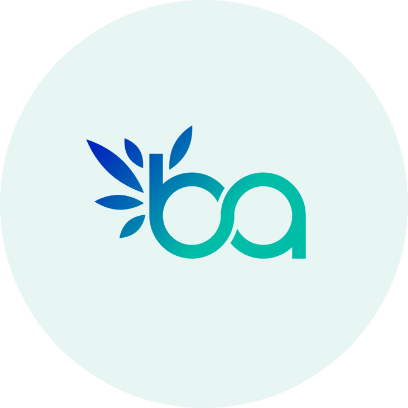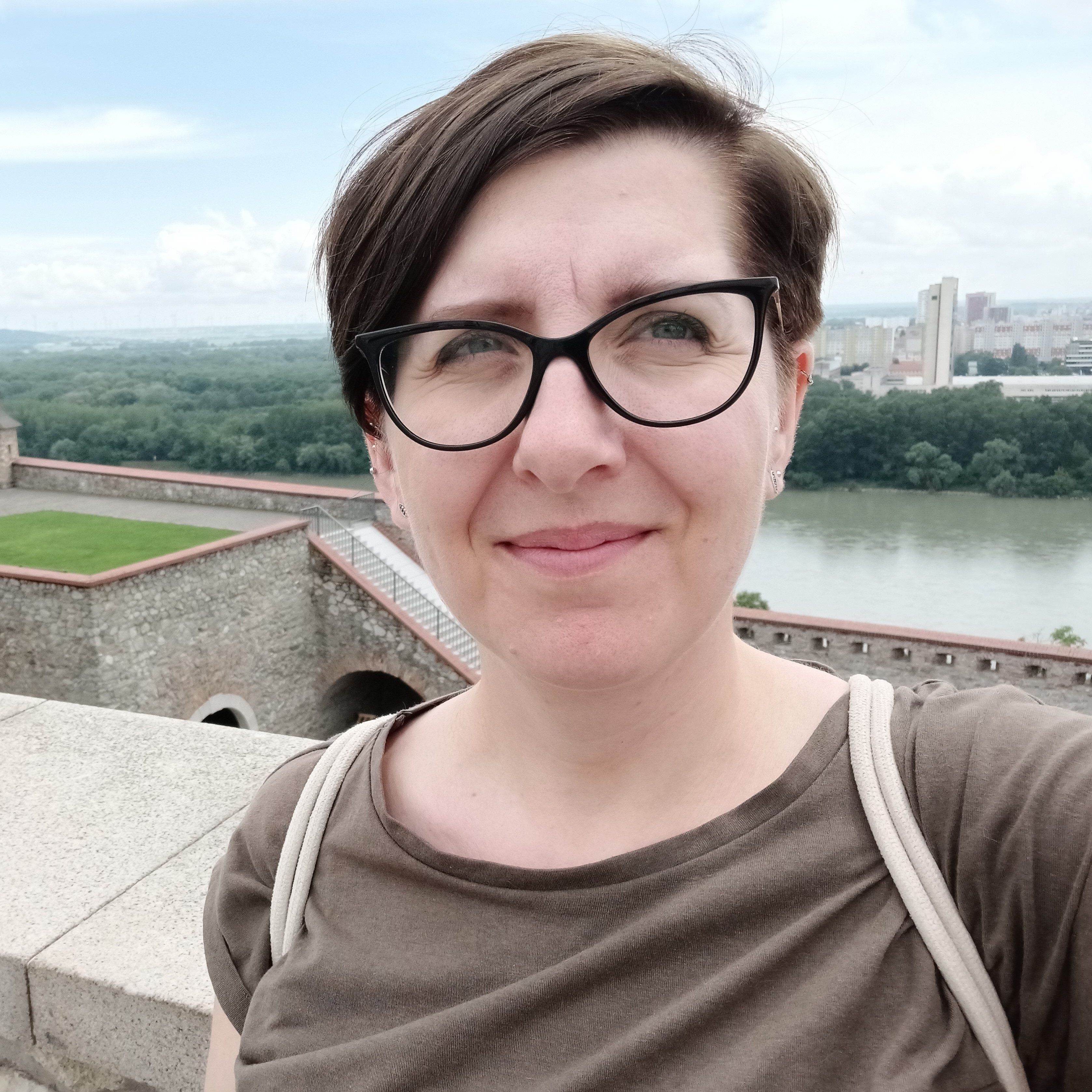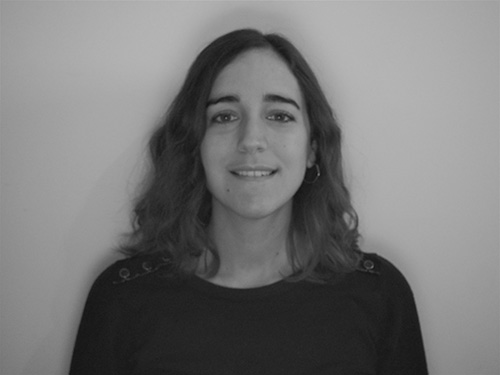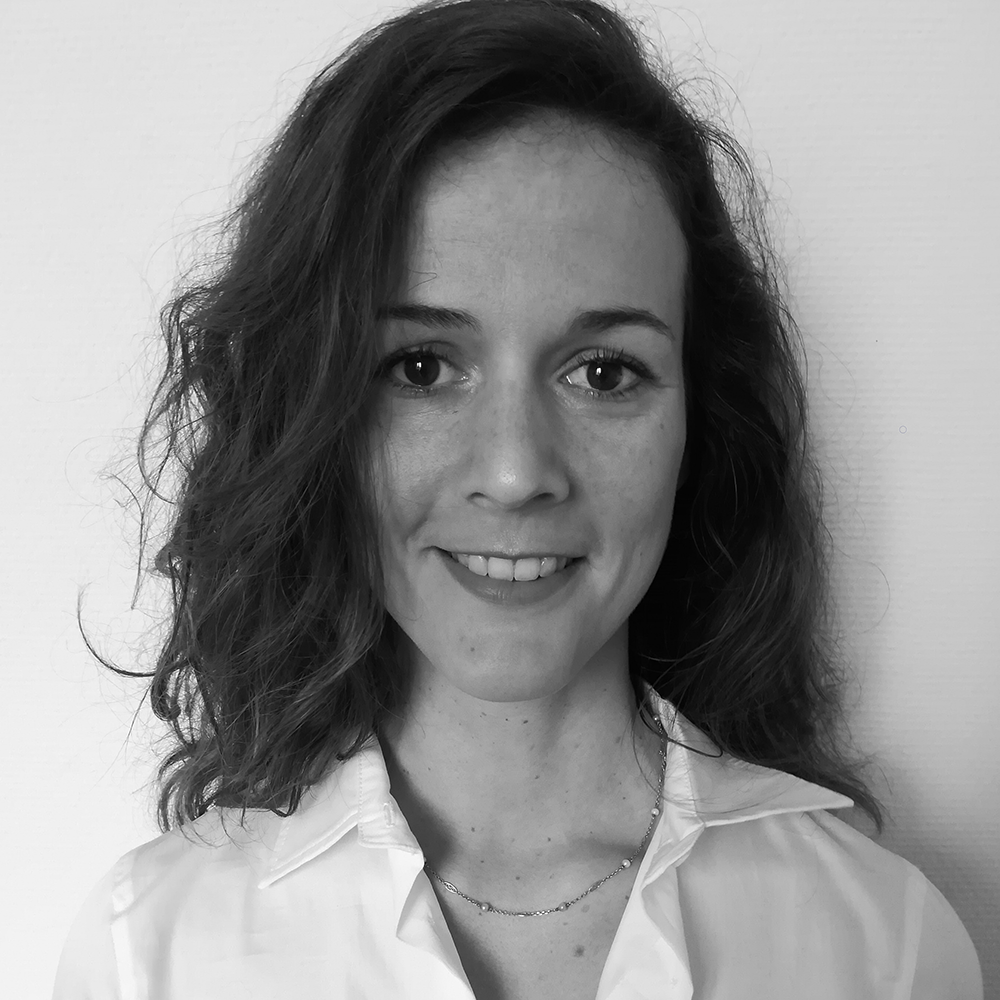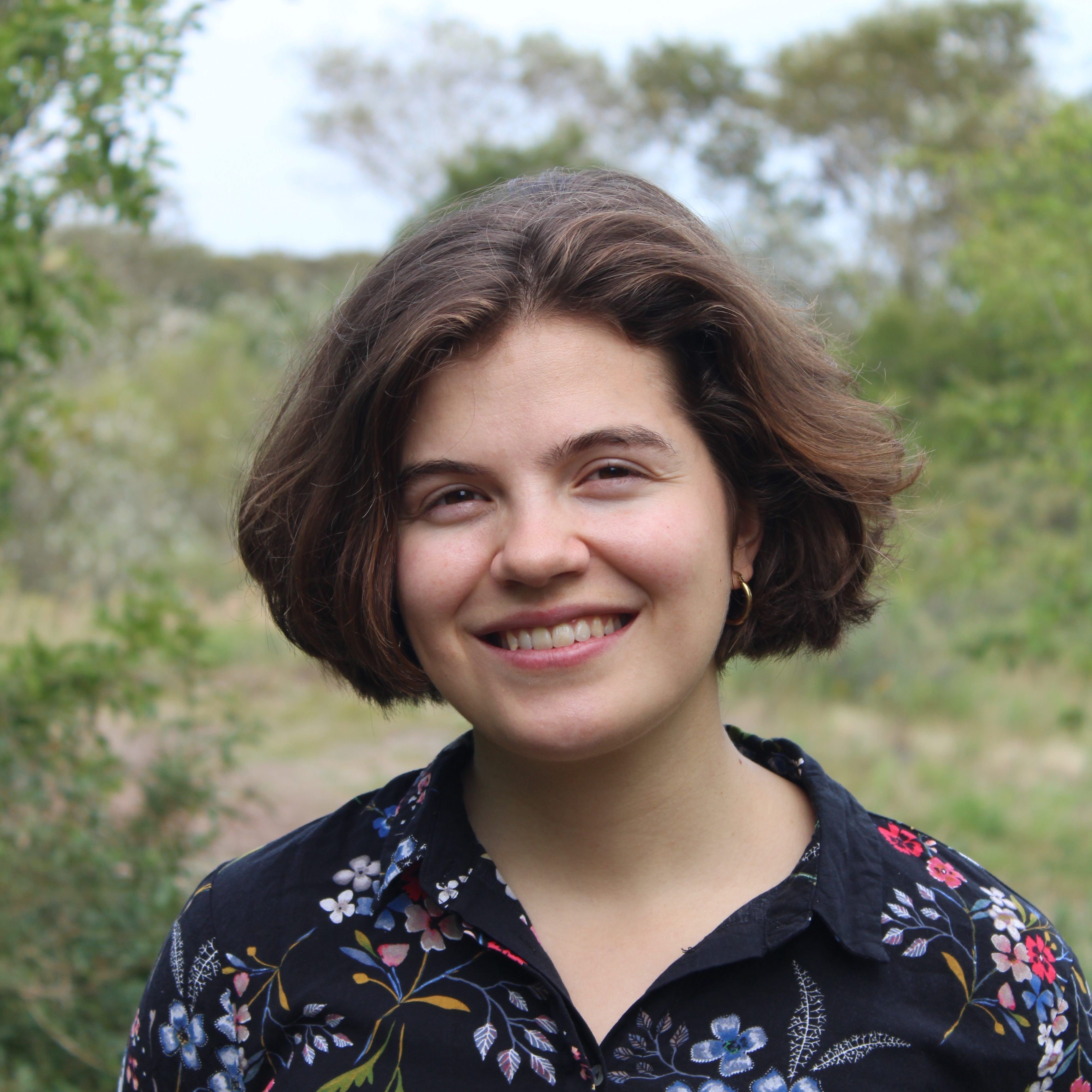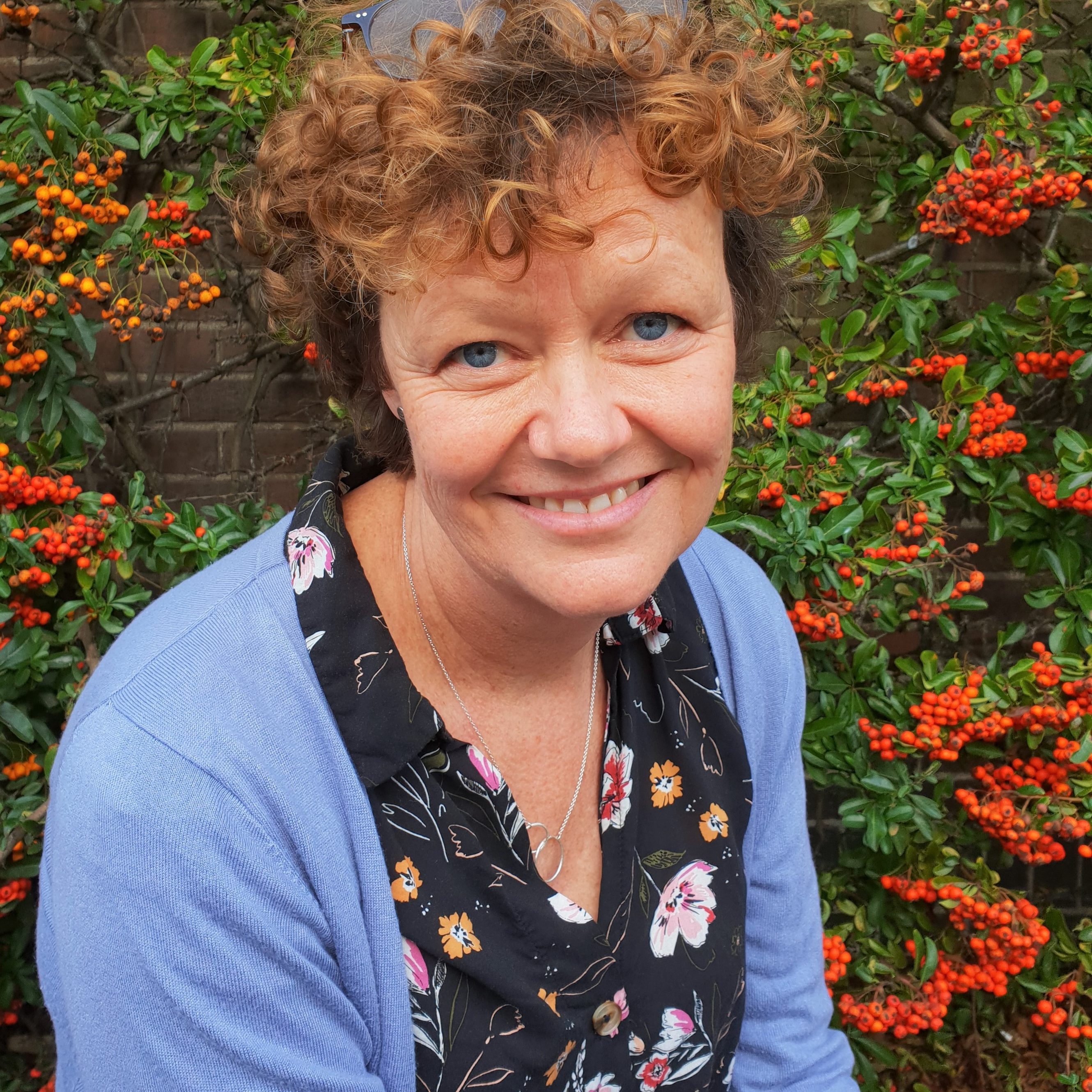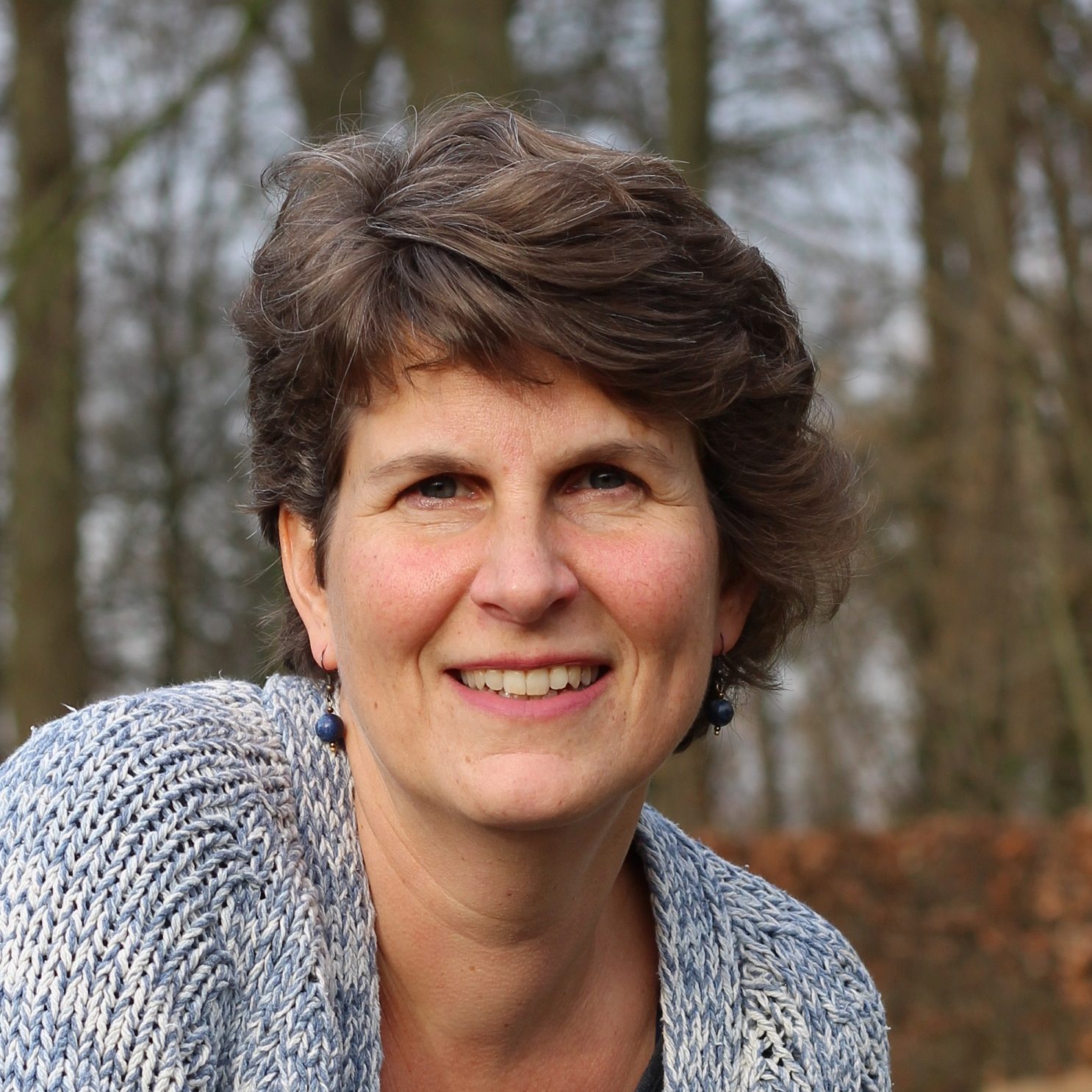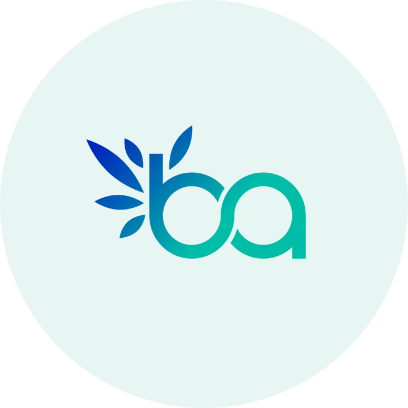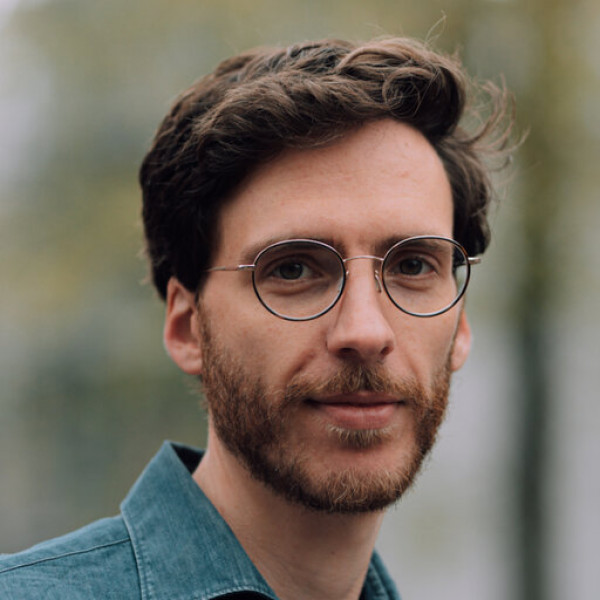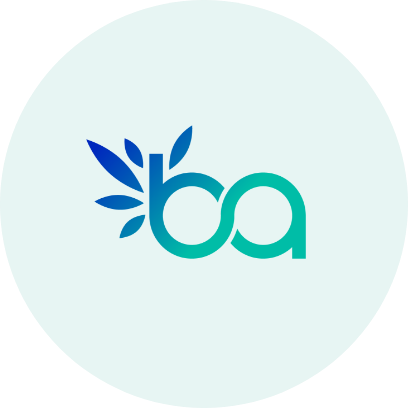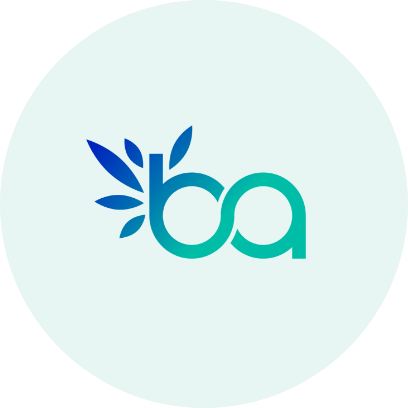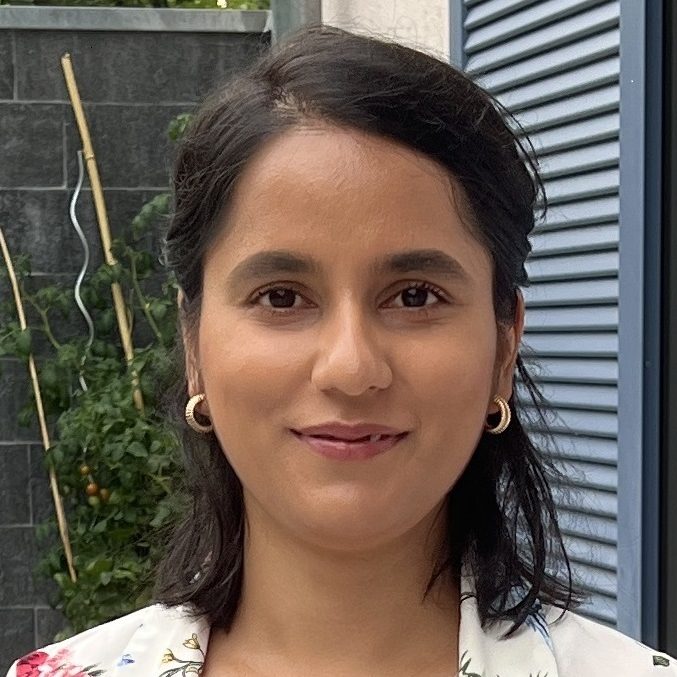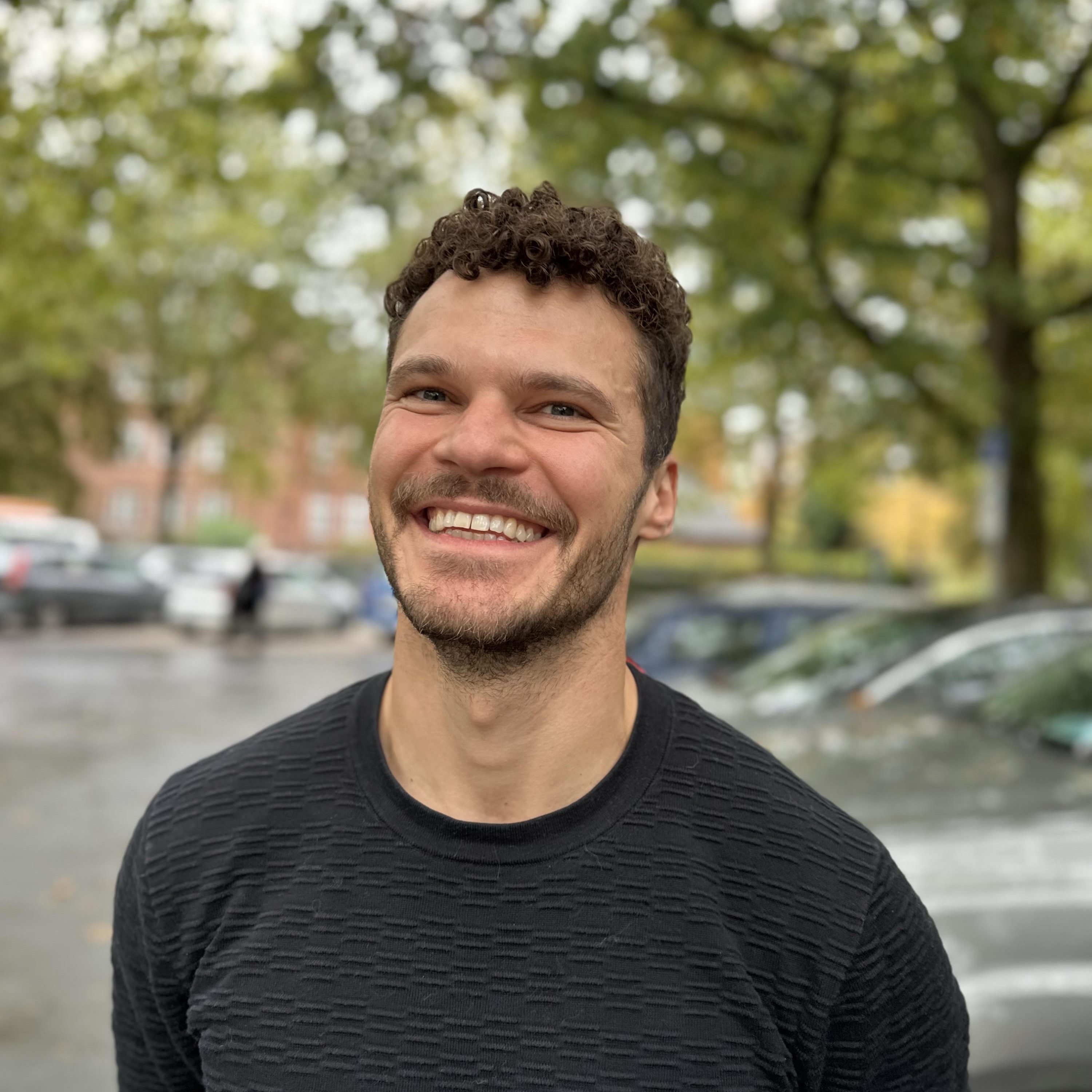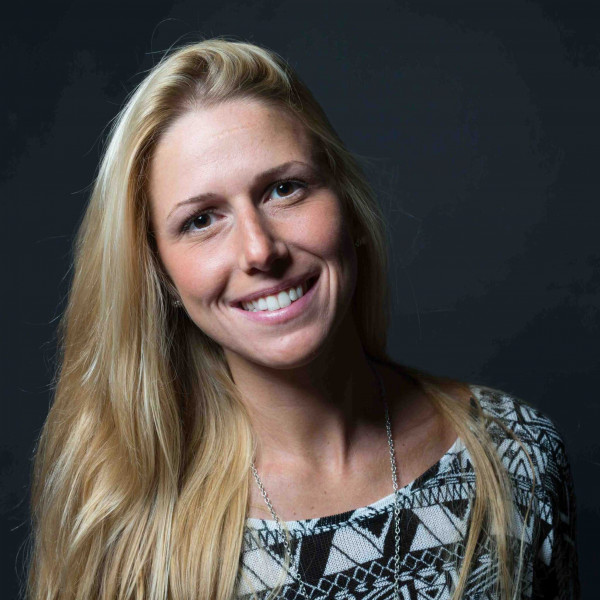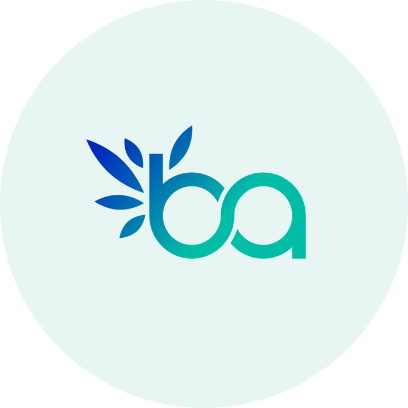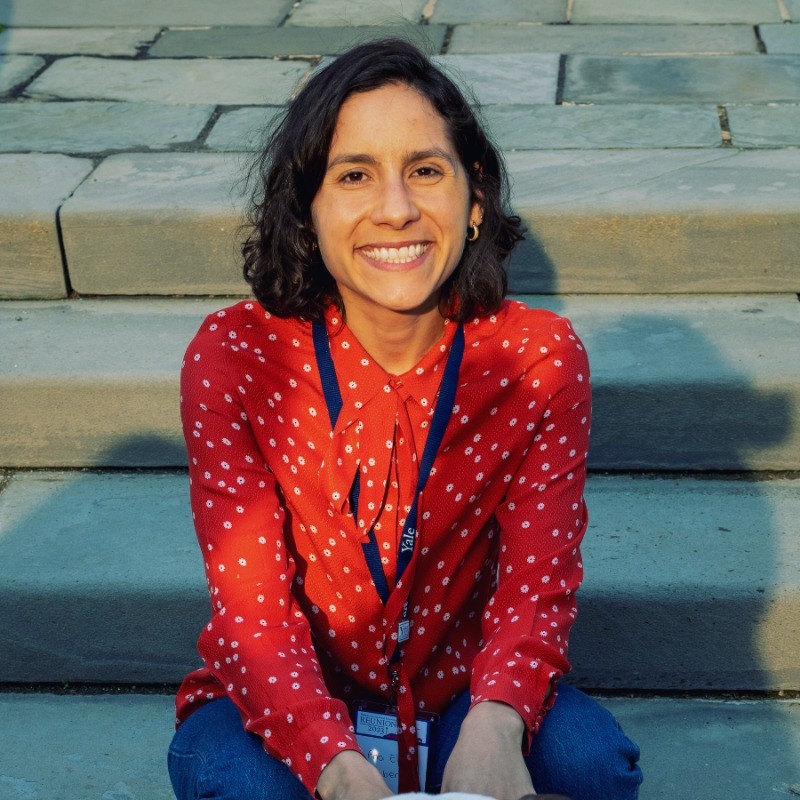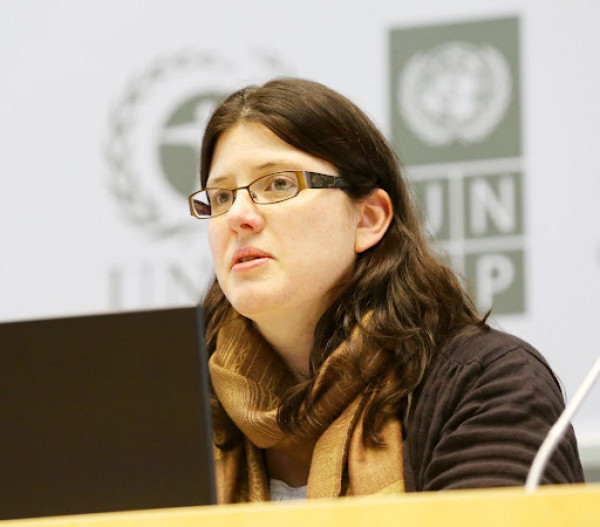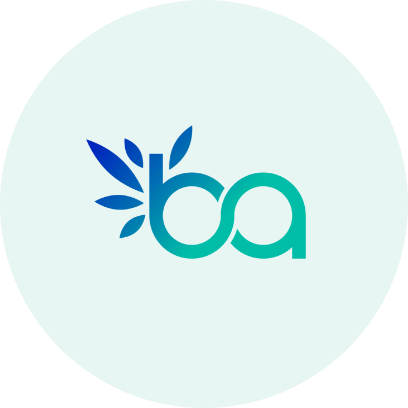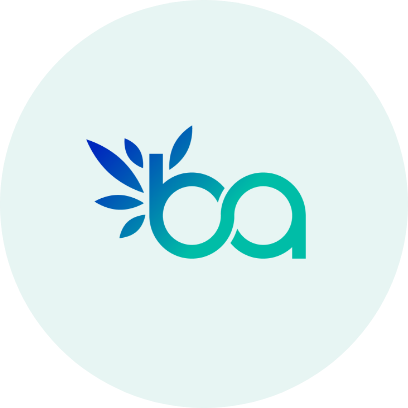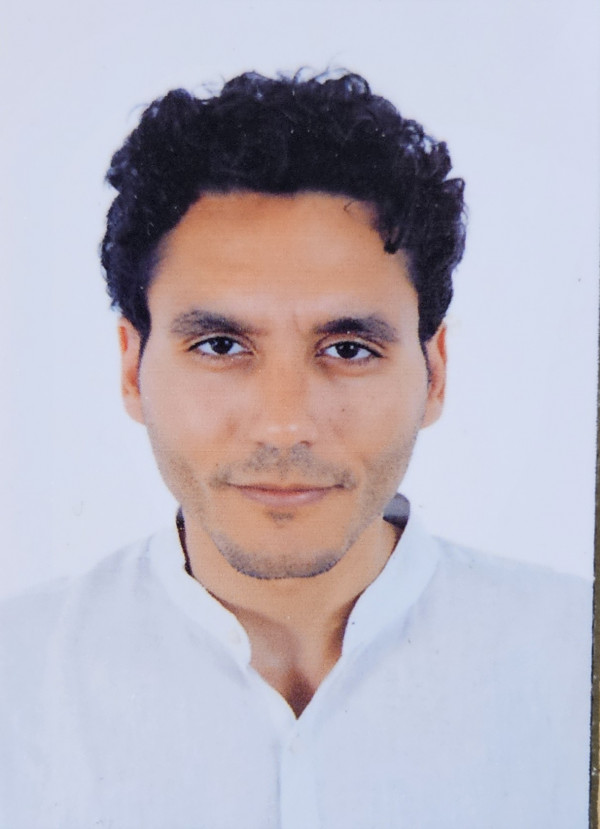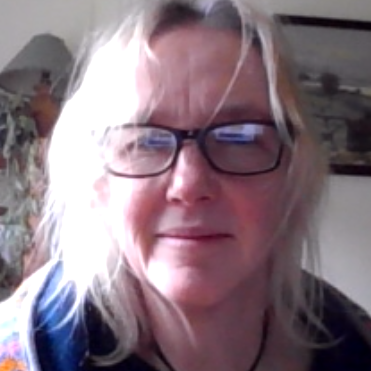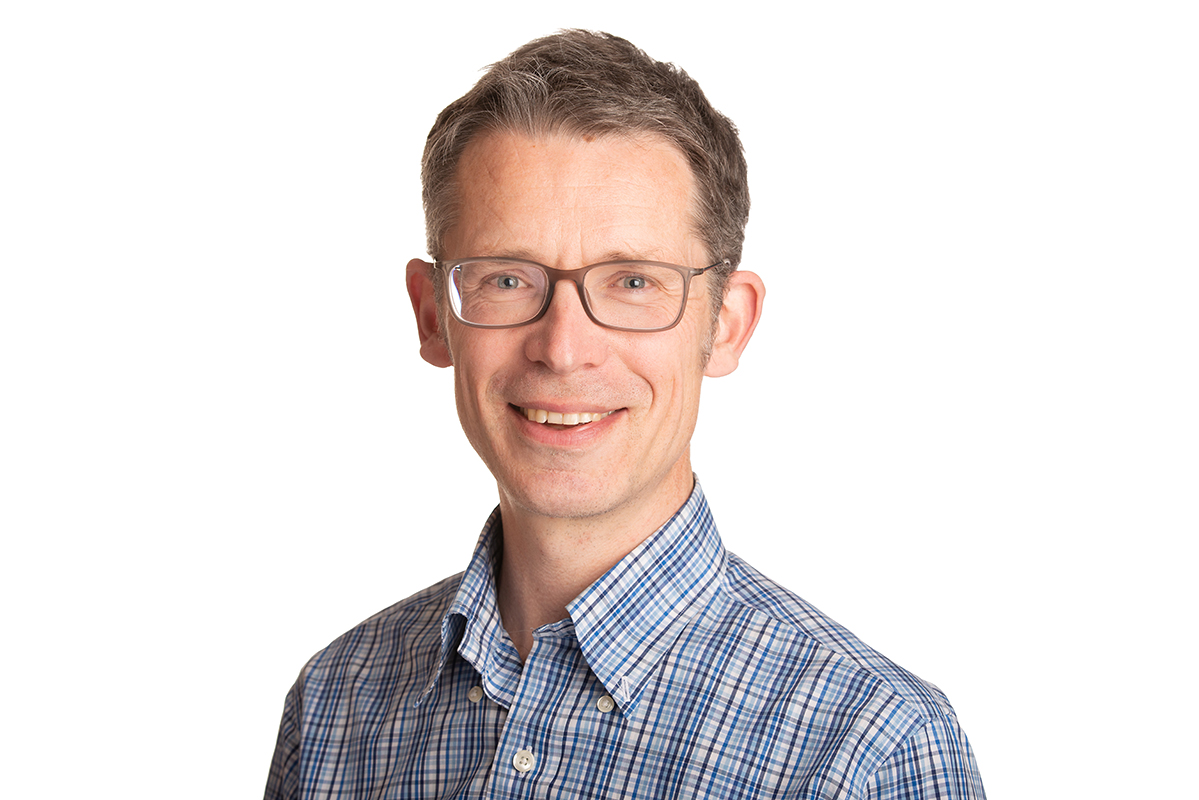SYKE (Finnish Environment Institute) , Finland
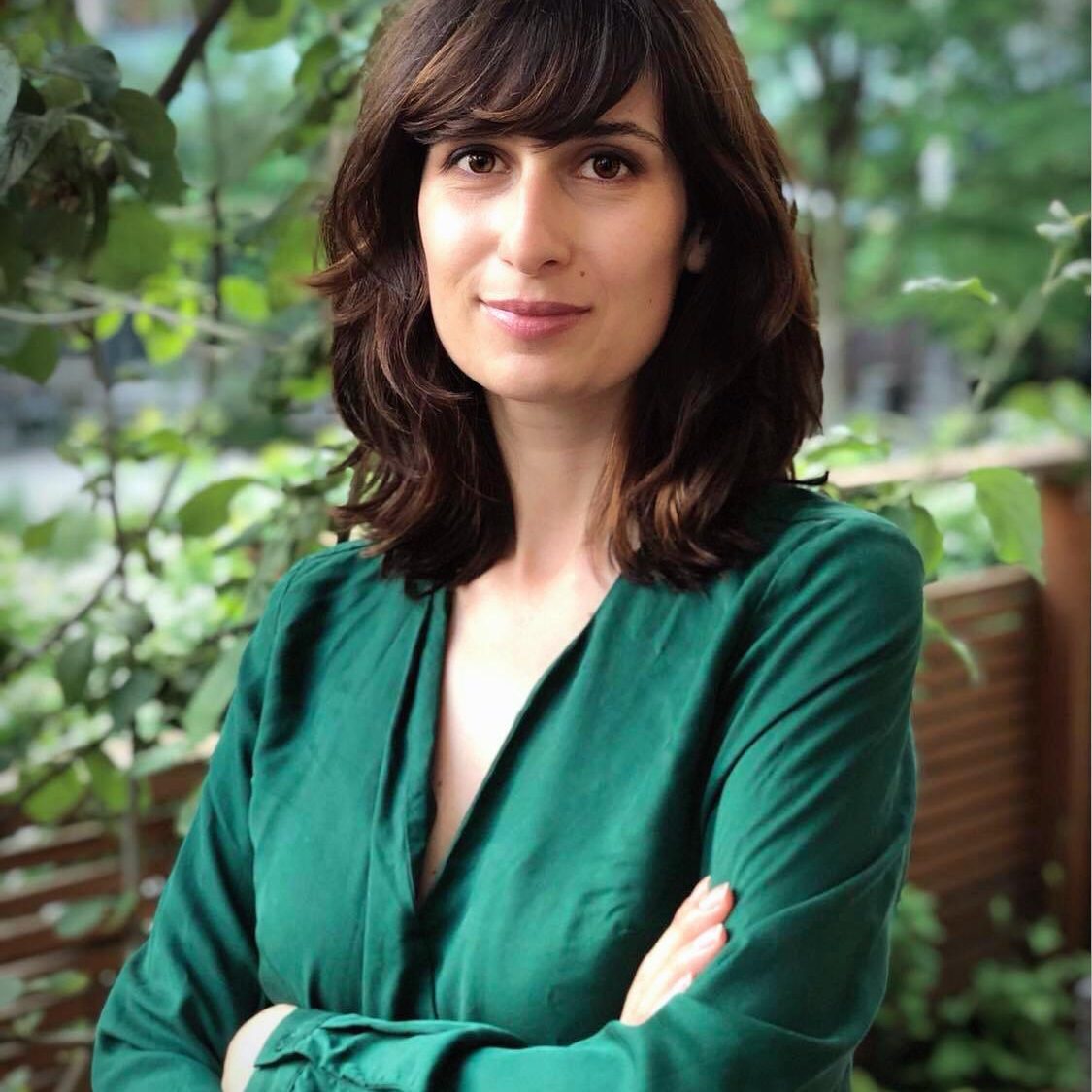
Dalia D’Amato
Dalia works as a Senior Researcher at SYKE. Her research interests include biodiversity-underpinned ecosystem services and the governance of socio-ecological systems as well as sustainability-solutions and organisational and societal transformations towards sustainability. In BioAgora, Dalia mainly focuses on the actors operating at the science-policy interface in the context of the EU Biodiversity Strategy 2030, and their potential role in the Science Service for Biodiversity.
Read biography
Click to read the full biography of Dalia D’Amato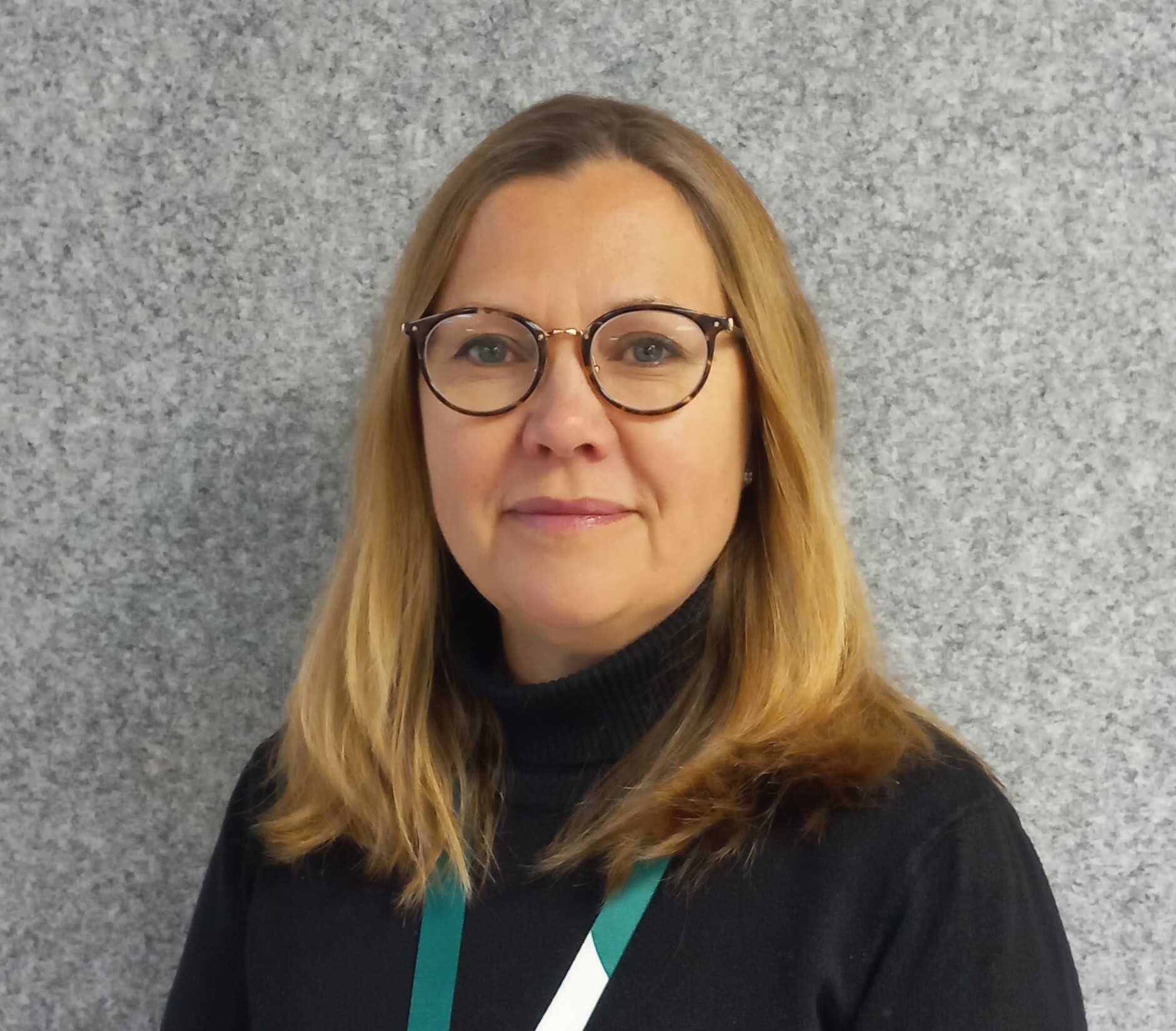
Elise Järvenpää
Elise works at SYKE as a Senior Coordinator focusing on land cover and land use monitoring, ecosystem accounting, and citizen science. Within BioAgora, she is working on the knowledge exchange network (WP1) and tasks on developing shared values with the public for transformational change (WP5).
Read biography
Click to read the full biography of Elise Järvenpää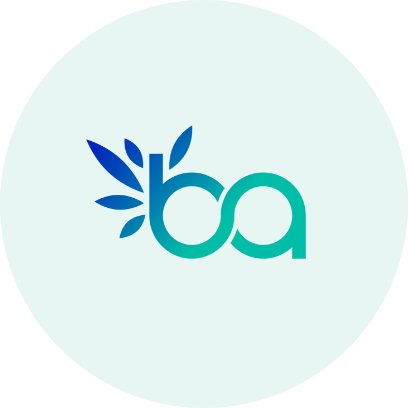
Hanna Nieminen
Read biography
Click to read the full biography of Hanna Nieminen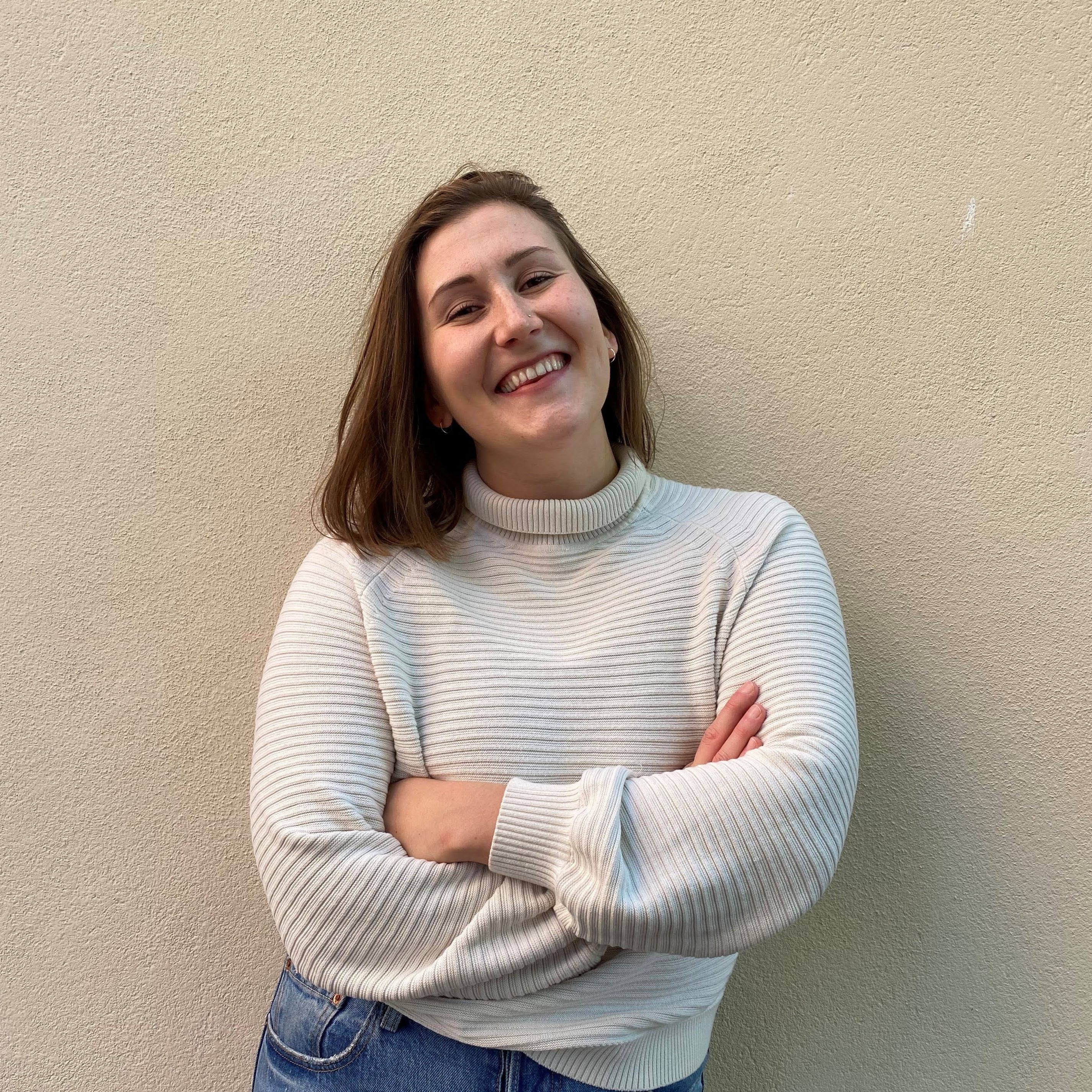
Juuli Närhi
Juuli supports the BioAgora Coordination in her role as a project manager. She works as a coordinator in her home organization (Finnish Environment Institute, SYKE).
Read biography
Click to read the full biography of Juuli Närhi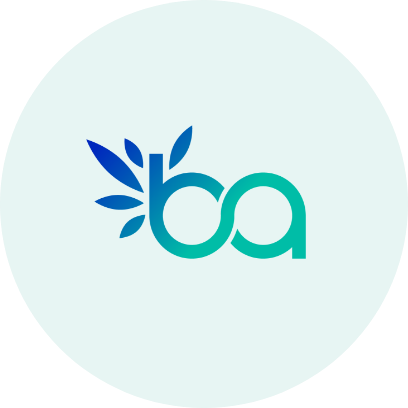
Leena Kopperoinen
Read biography
Click to read the full biography of Leena Kopperoinen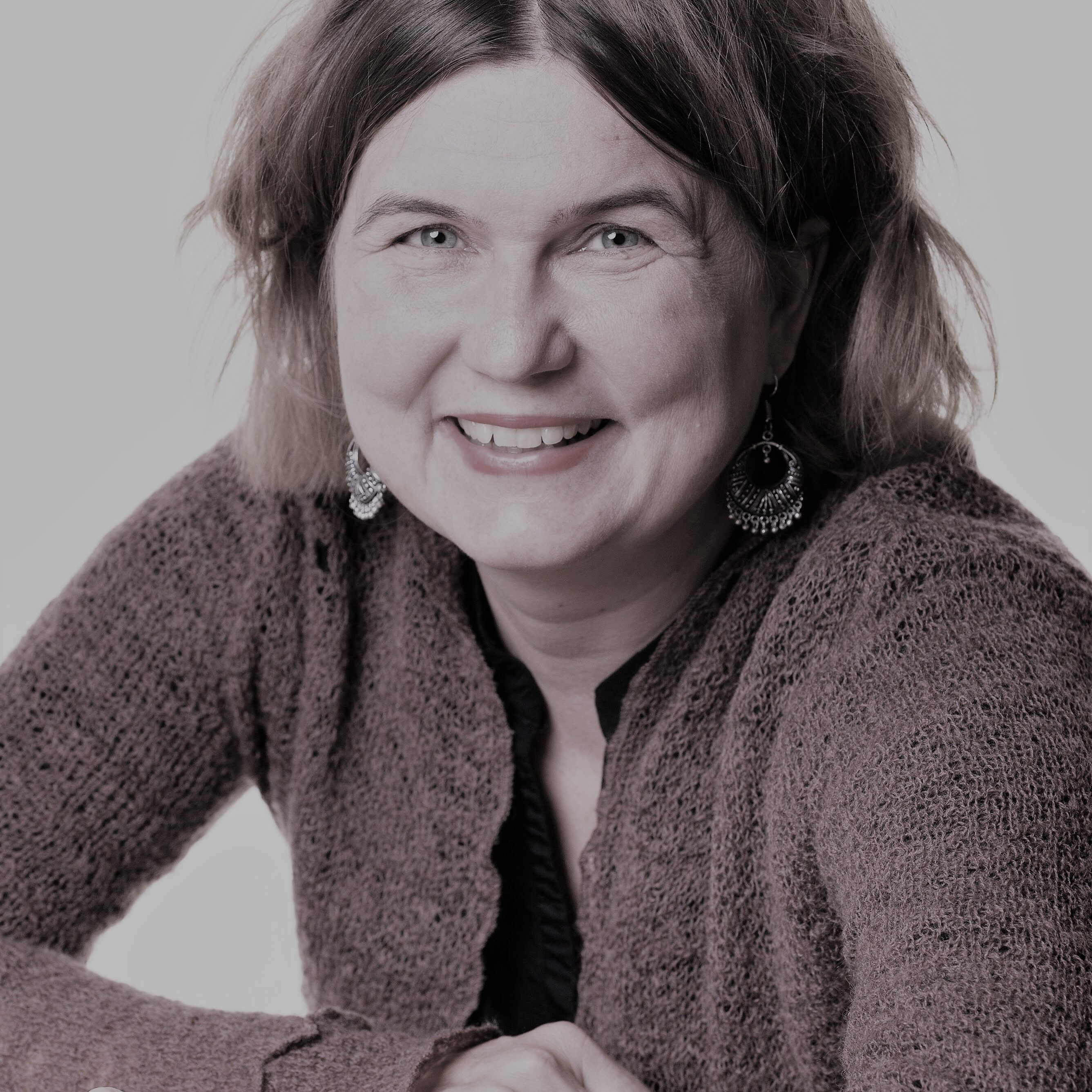
Kaisa Korhonen-Kurki
Kaisa Korhonen-Kurki works as a head of unit and senior research scientist in the Finnish Environment Institute, as well as a co-coordinator of BioAgora. Her expertise includes not only biodiversity and climate policies, but also knowledge co-production methods, all topics on which she has published widely. Kaisa has a long experience in working on science-policy interfaces.
Read biography
Click to read the full biography of Kaisa Korhonen-Kurki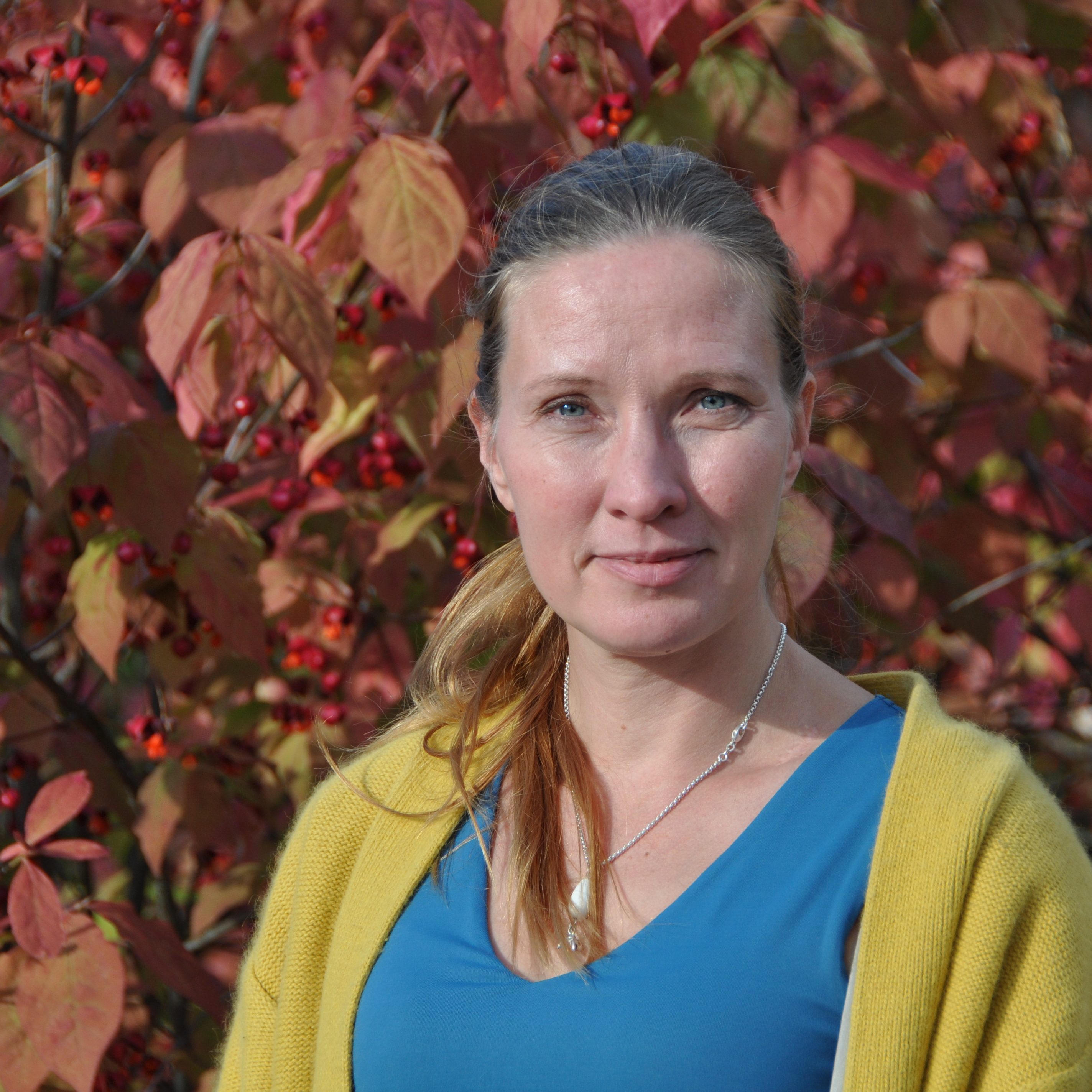
Kati Vierikko
Kati Vierikko holds the titles of senior researcher, PhD and docent in urban ecology. She coordinates national and international projects related to urban environment, biodiversity protection, nature-based solutions, human well-being and sustainable land-use planning. She is experienced in research on human-nature interactions, place-based research and interdisciplinary studies by using a mixed-method approach. Kati is responsible for organizing BioAgora's cascade funding for Third parties.
Read biography
Click to read the full biography of Kati Vierikko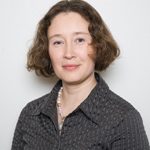
Maria Koski
Maria has worked for SYKE and its predecessors for almost 30 years. She has been the financial manager of a wide variety of EC-funded instruments since the late 1990s. Maria will guide you through the wild bureaucratic jungle of financial reporting and assist you with Commission portal issues.
Read biography
Click to read the full biography of Maria Koski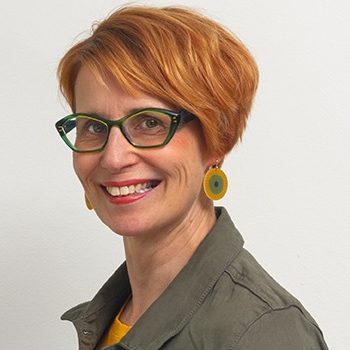
Maria Söderholm
Maria works at SYKE as a project manager focusing on research data management. Her role is to support research projects from the application phase to the end of the project until the final outputs are published/archived. For BioAgora, she acts as a data manager.
Read biography
Click to read the full biography of Maria Söderholm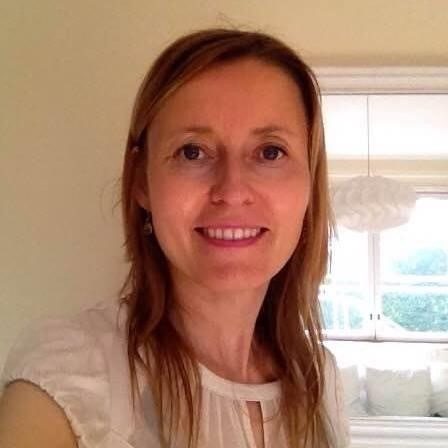
Miia Riihimäki
Miia Riihimäki is a technical coordinator of EU projects and a financial manager of the BioAgora project at SYKE.
Read biography
Click to read the full biography of Miia Riihimäki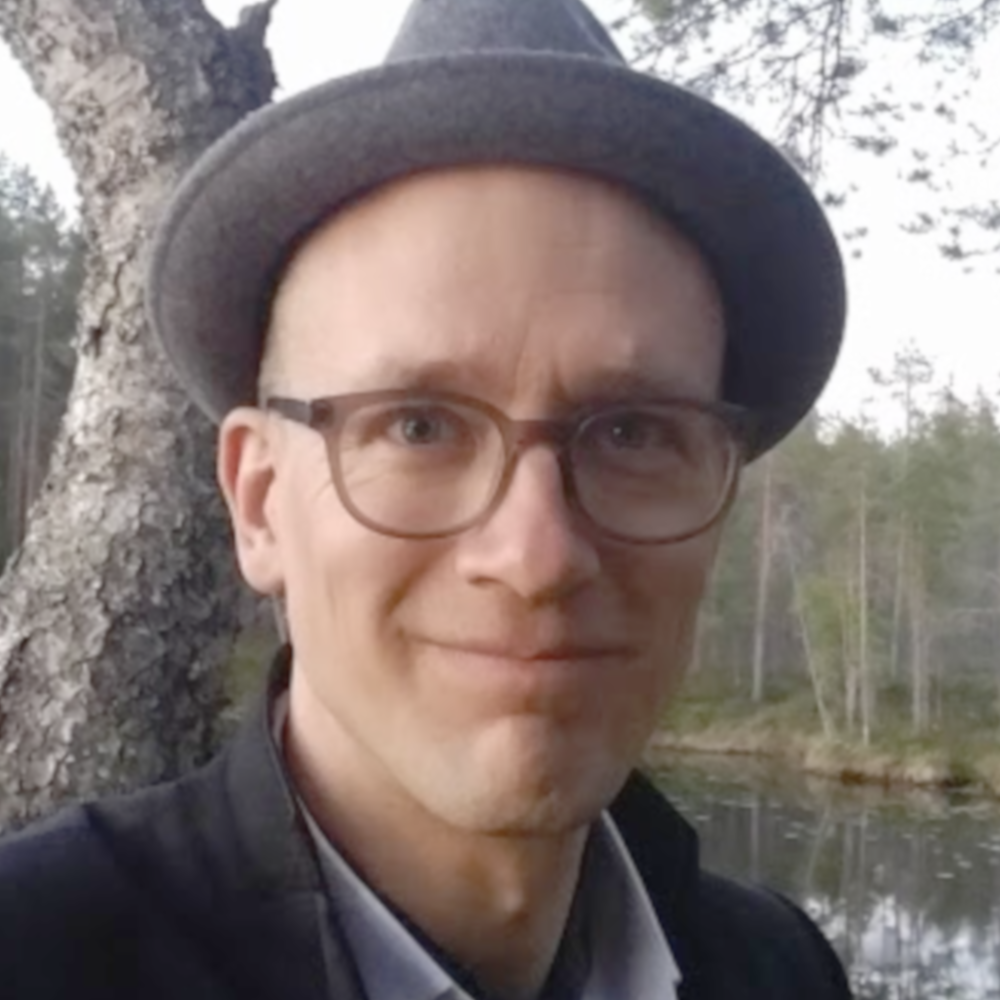
Peter Kullberg
Peter Kullberg is a conservation scientist working with topics related to biodiversity data and its use in decision-making context. He is the project manager of the Finnish Ecosystem Observatory that aims to enhance accessibility and use of nature data in Finland. Peter leads Task 1.3: Selection and Development of Further Demonstration Cases
Read biography
Click to read the full biography of Peter Kullberg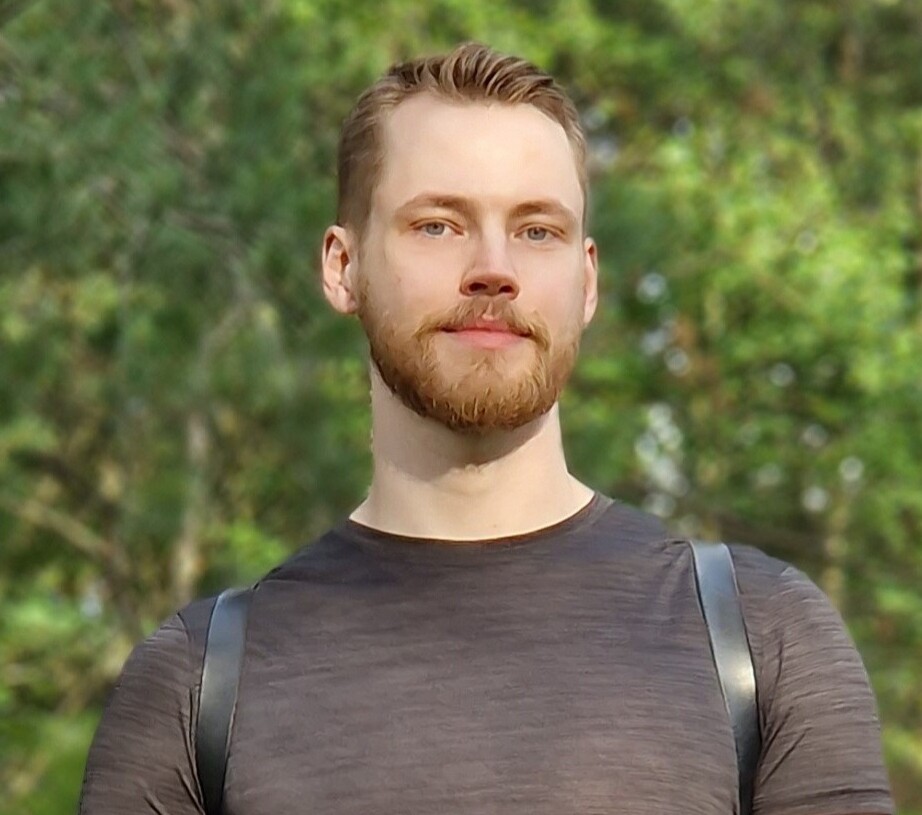
Samuli Pitzén
Samuli Pitzén is a social scientist in the field of environmental governance. He works as a researcher in SYKE, currently pursuing his PhD on policy coherence and integration, focusing especially on forest, biodiversity and climate policies. He is currently using different methodologies and foci to approach the topic, e.g. conducting coherence analysis of EU-level policies in the Horizon Europe projects BioAgora and RESPIN.
Read biography
Click to read the full biography of Samuli Pitzén